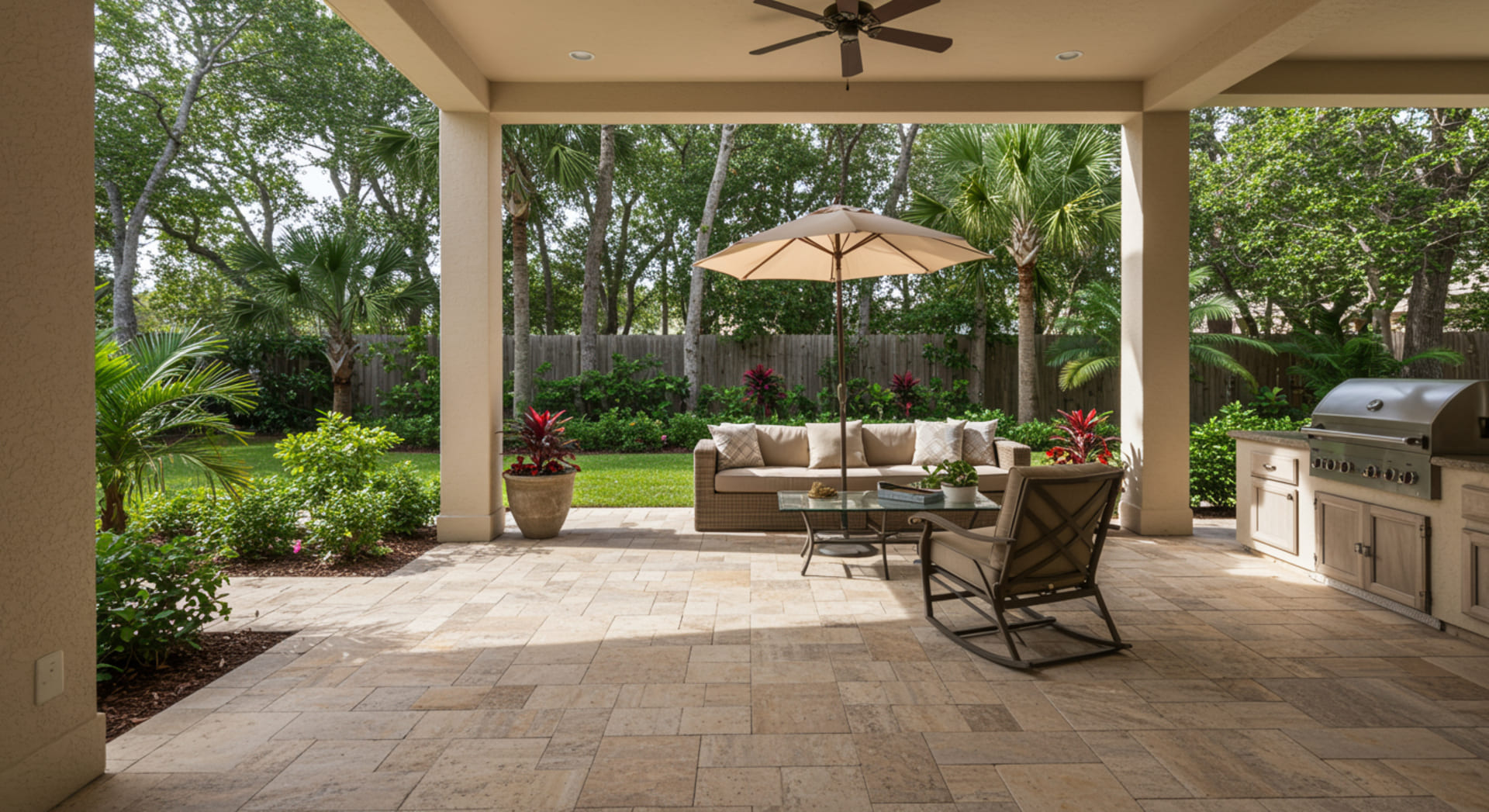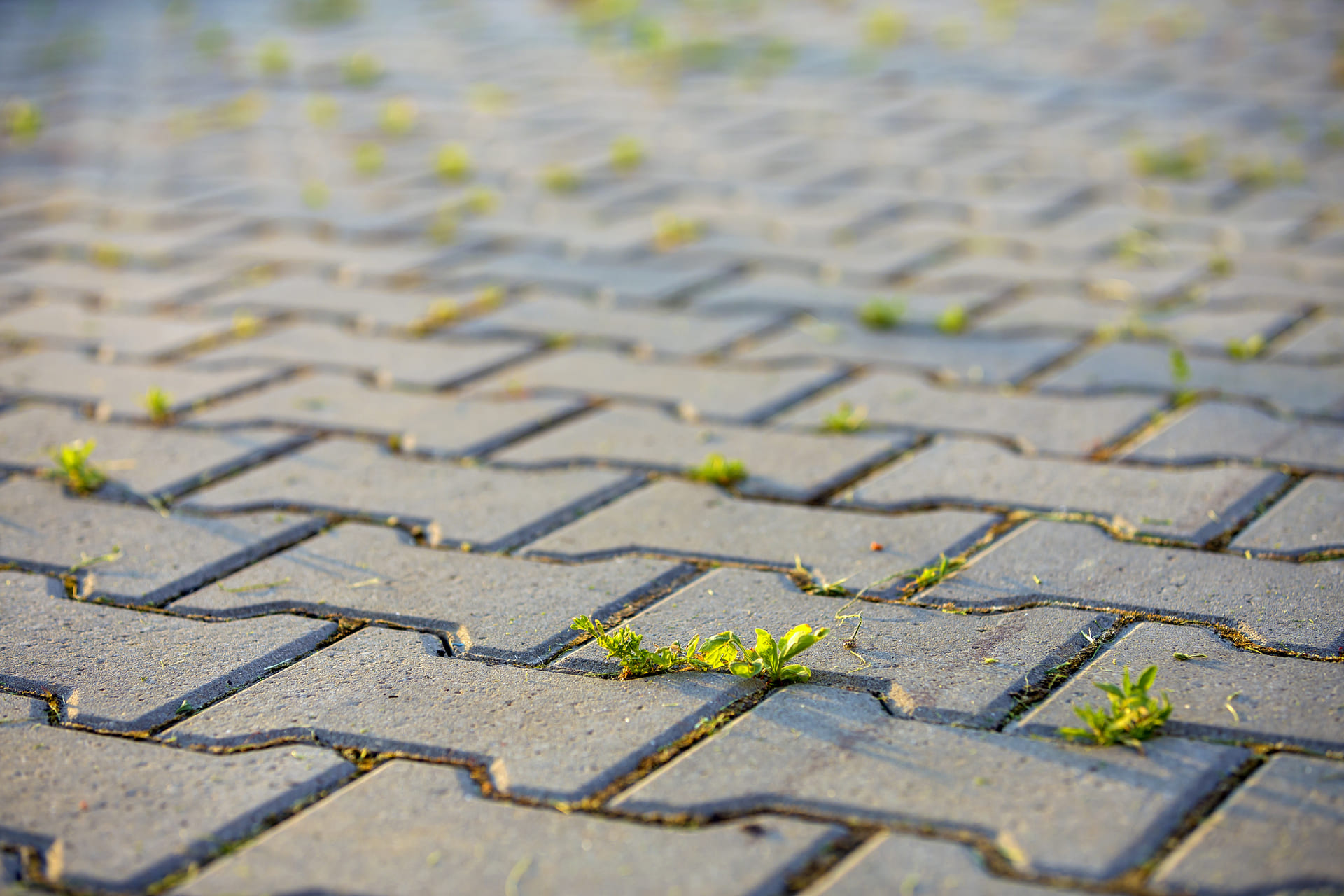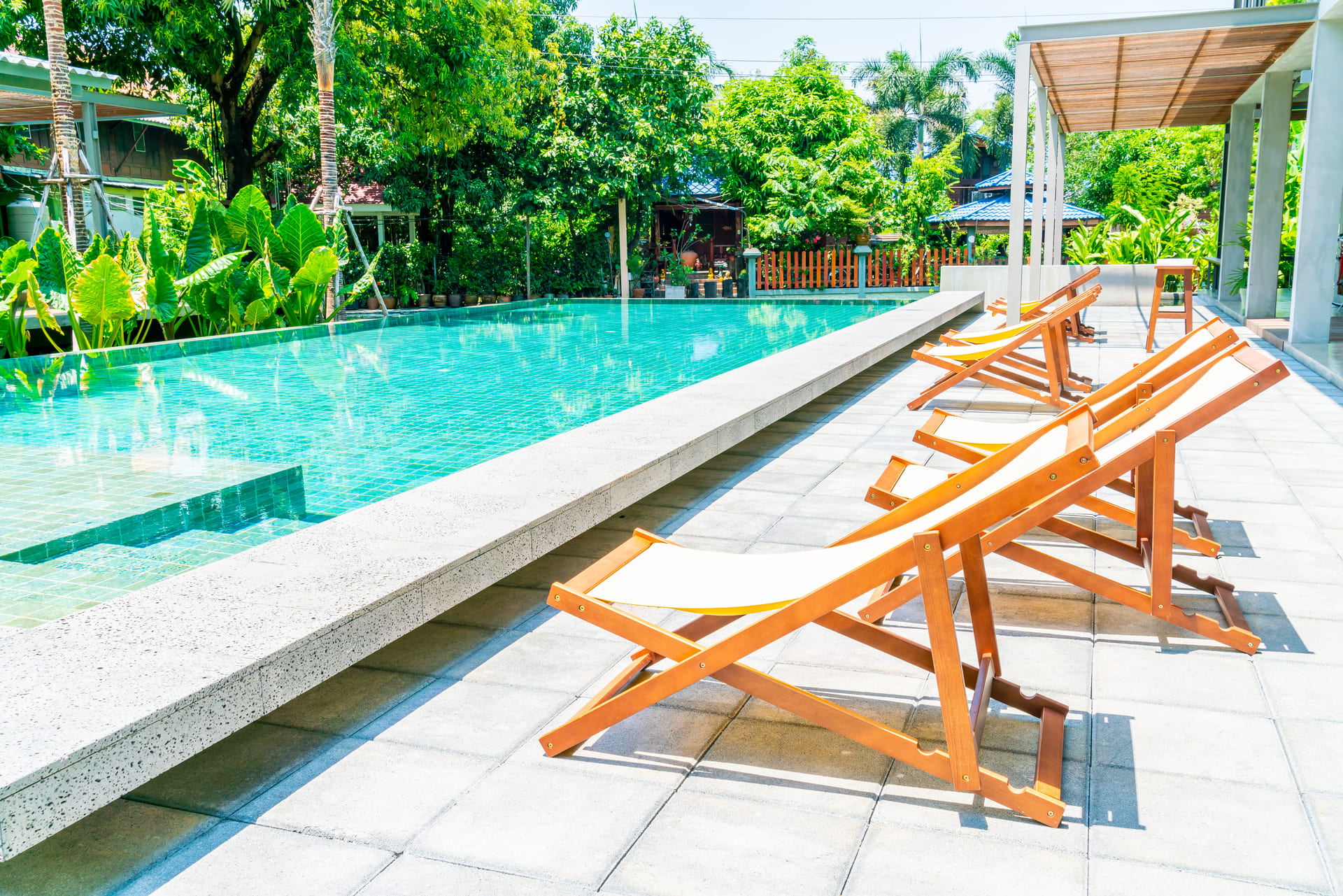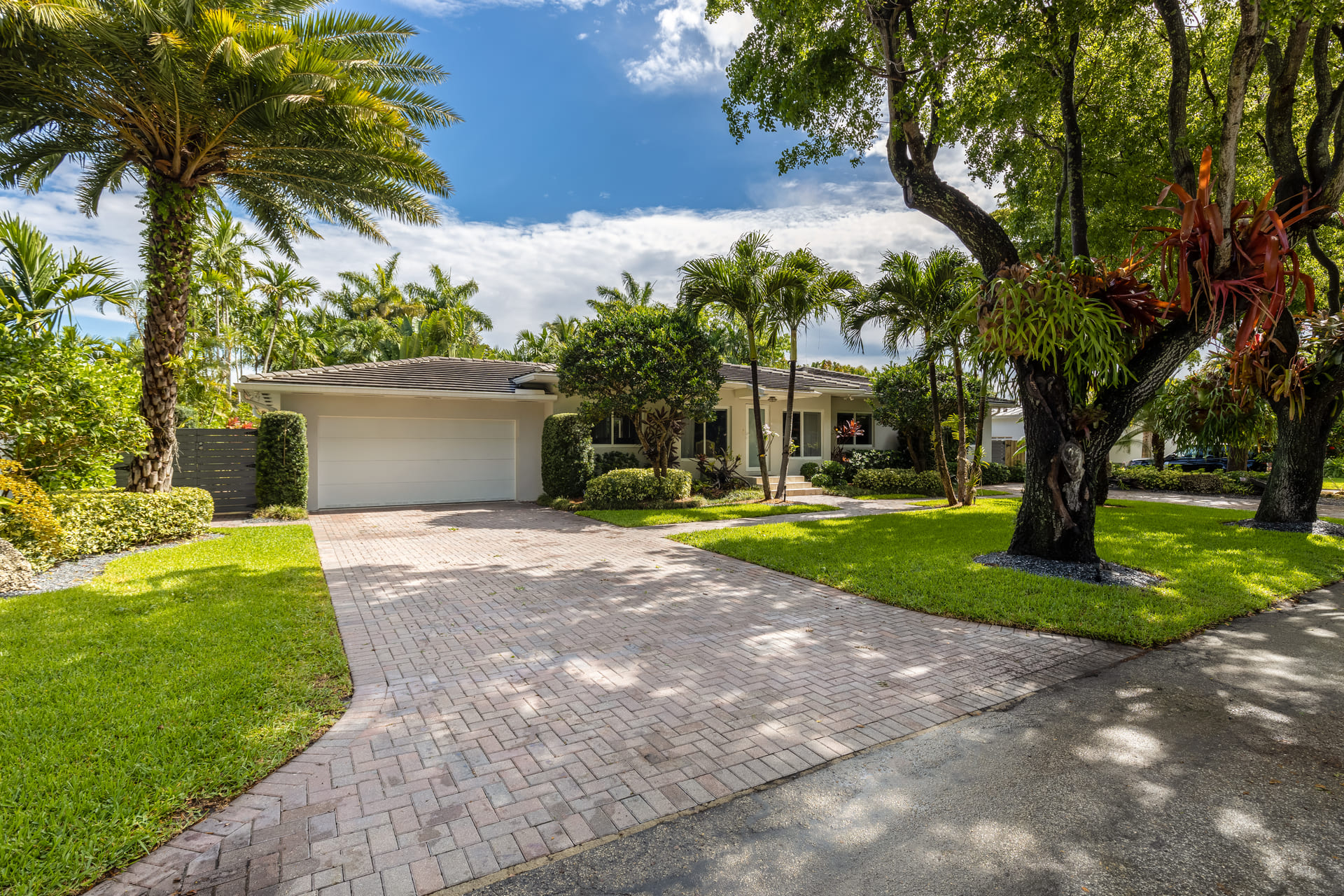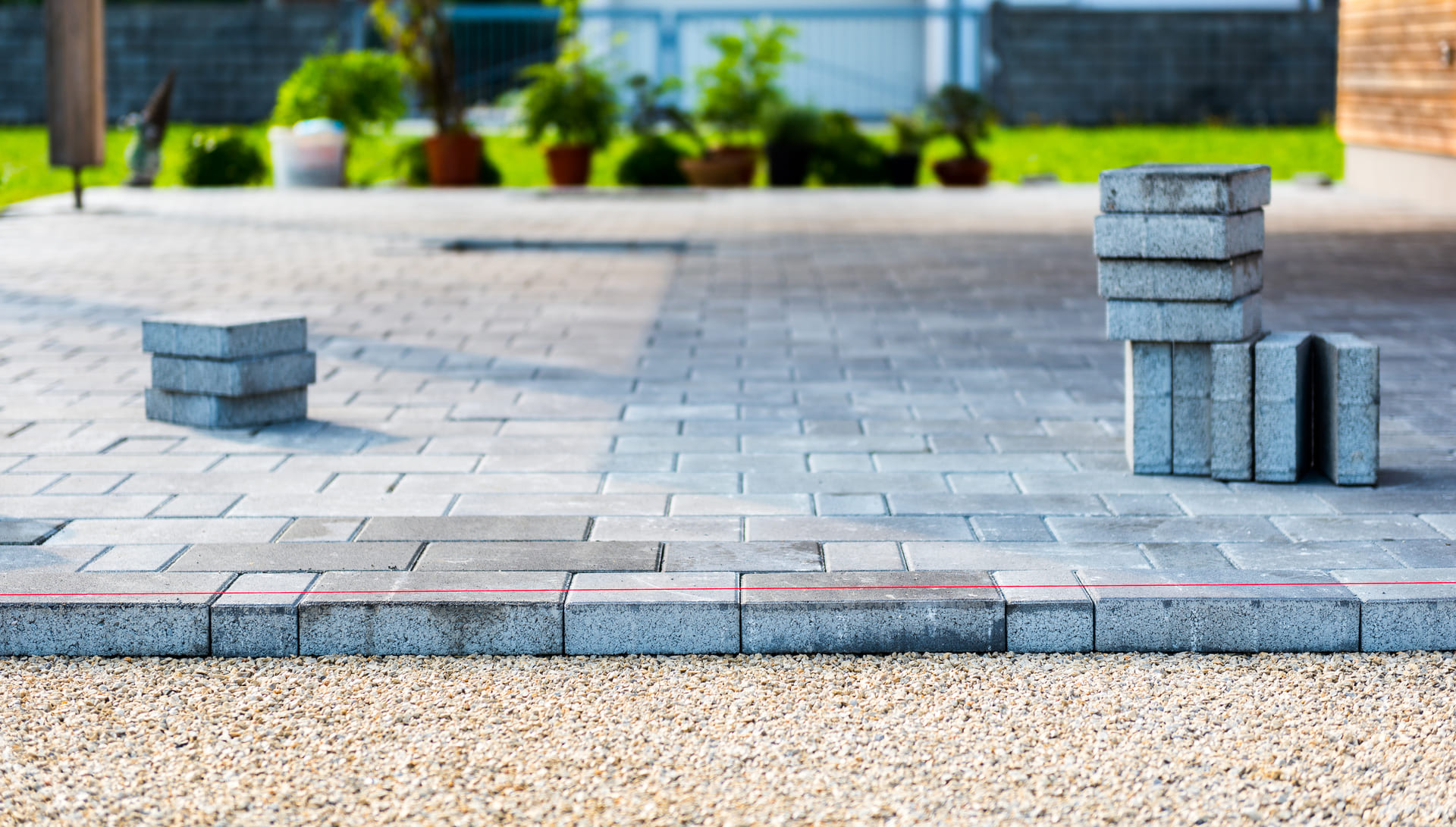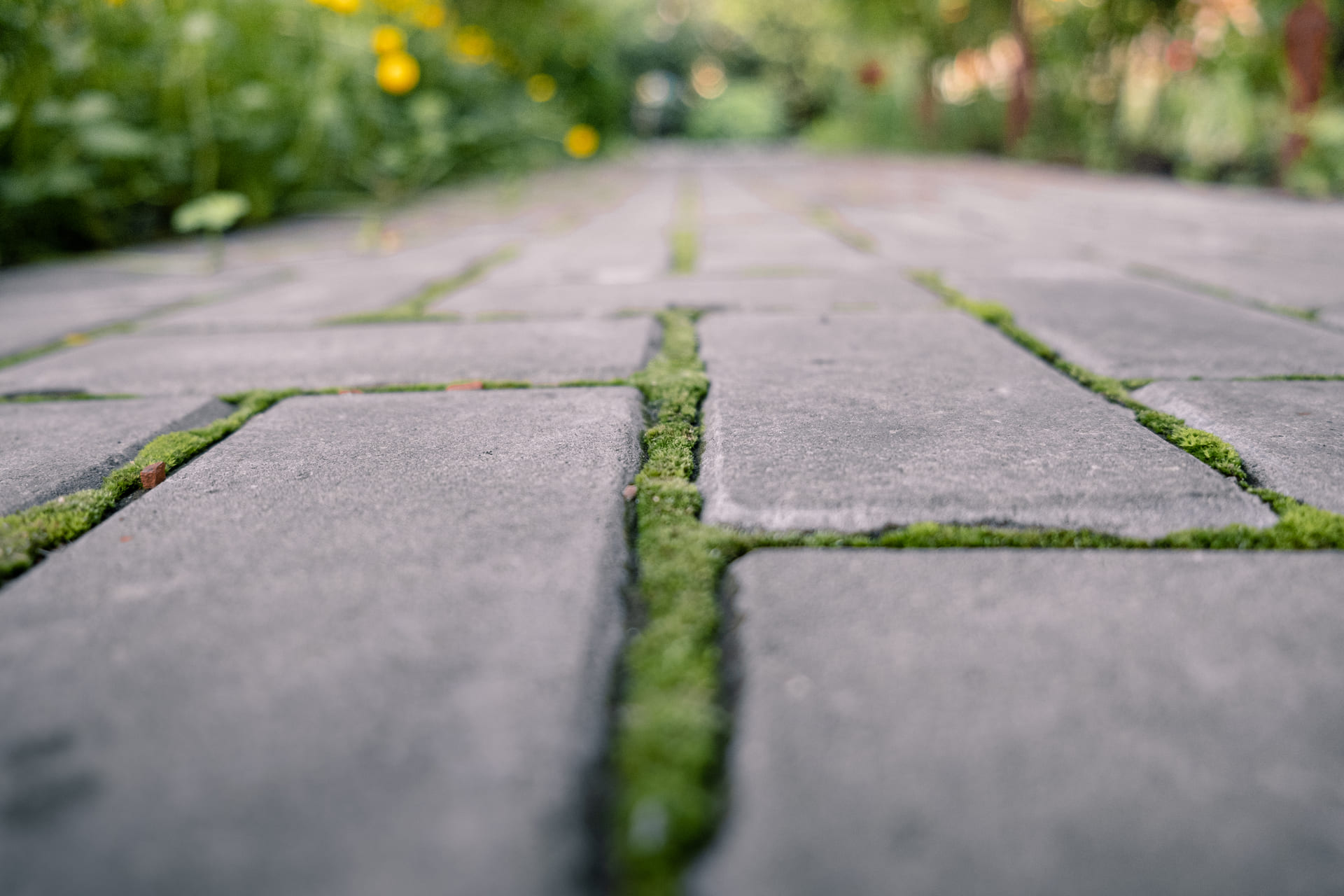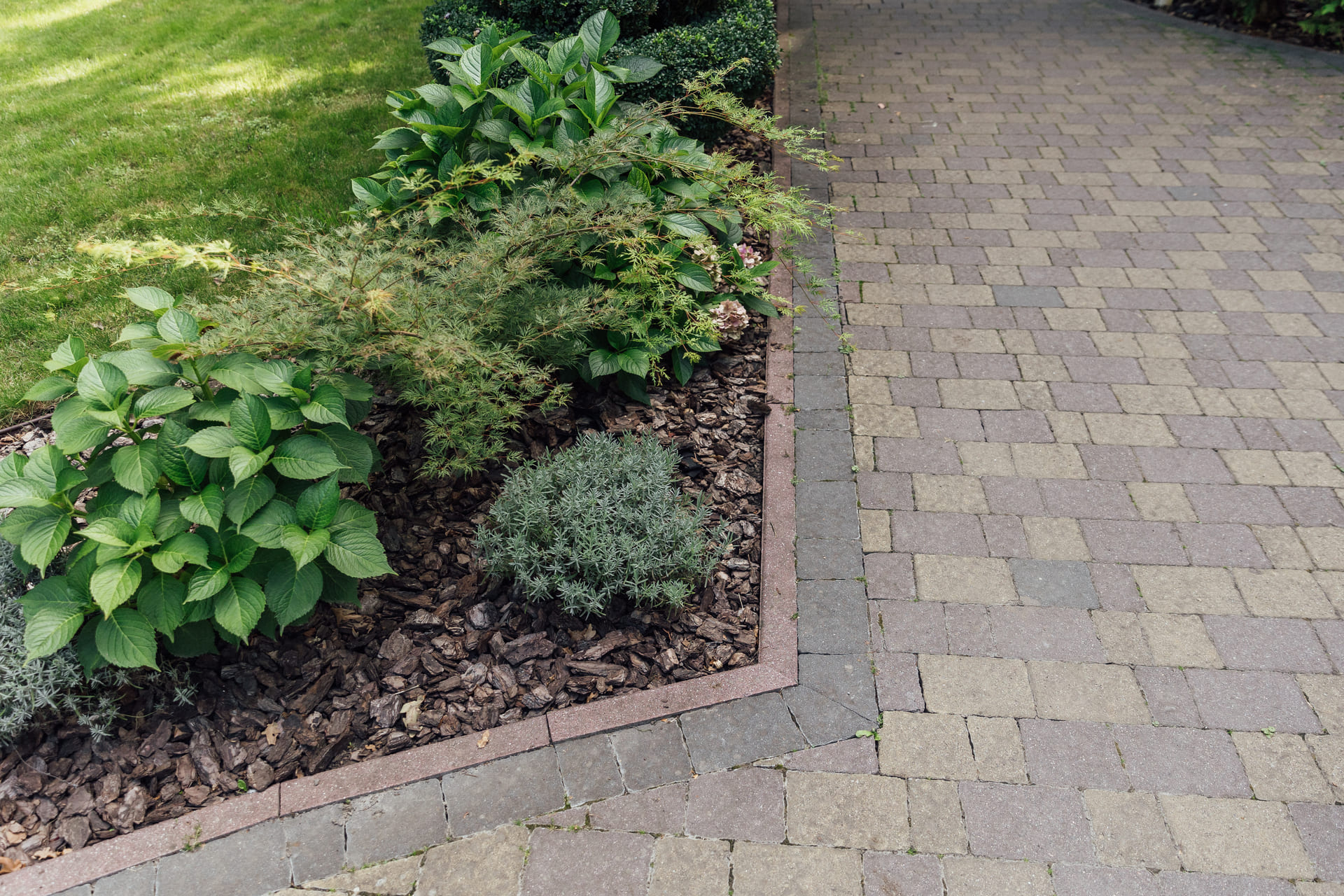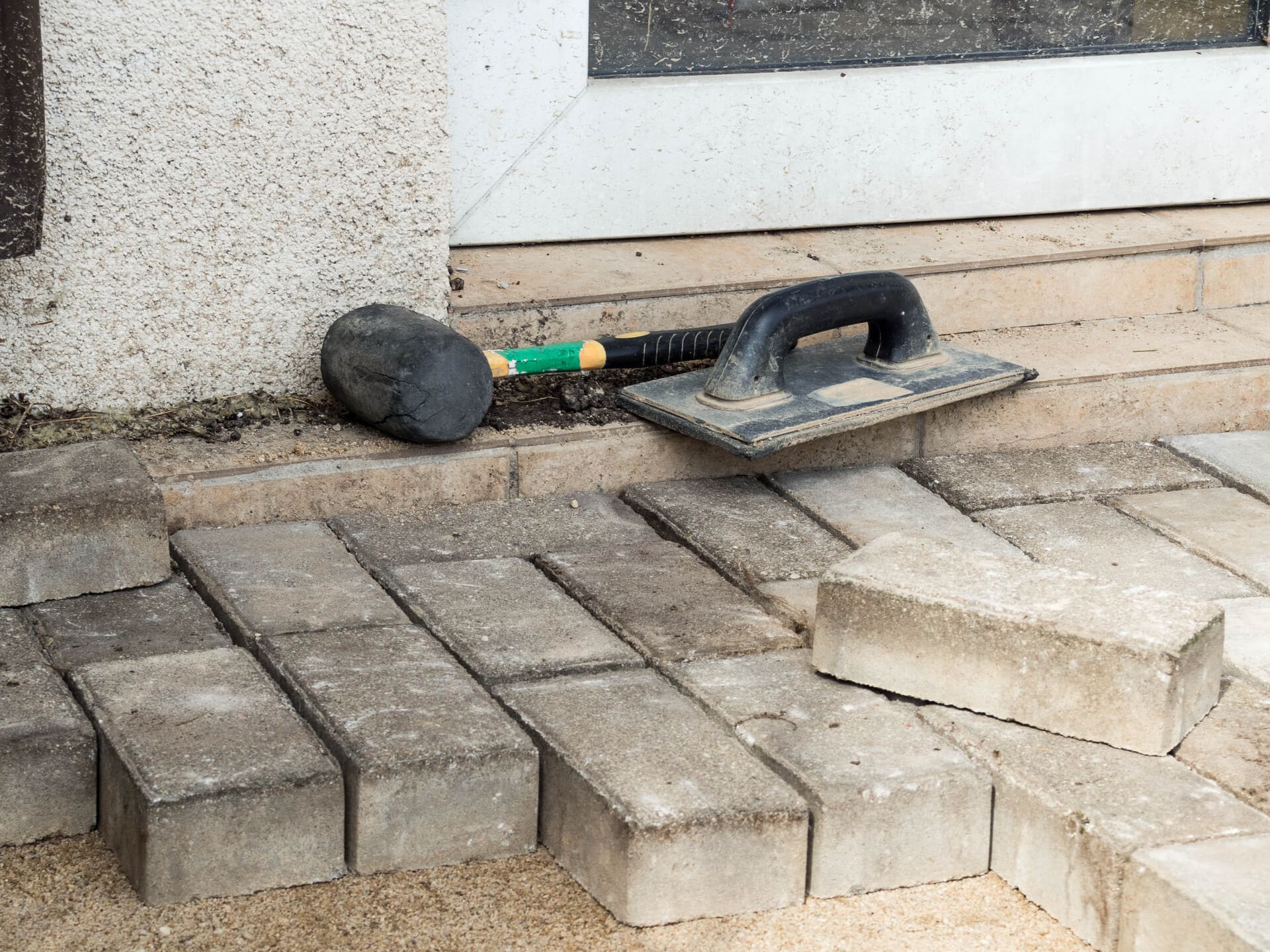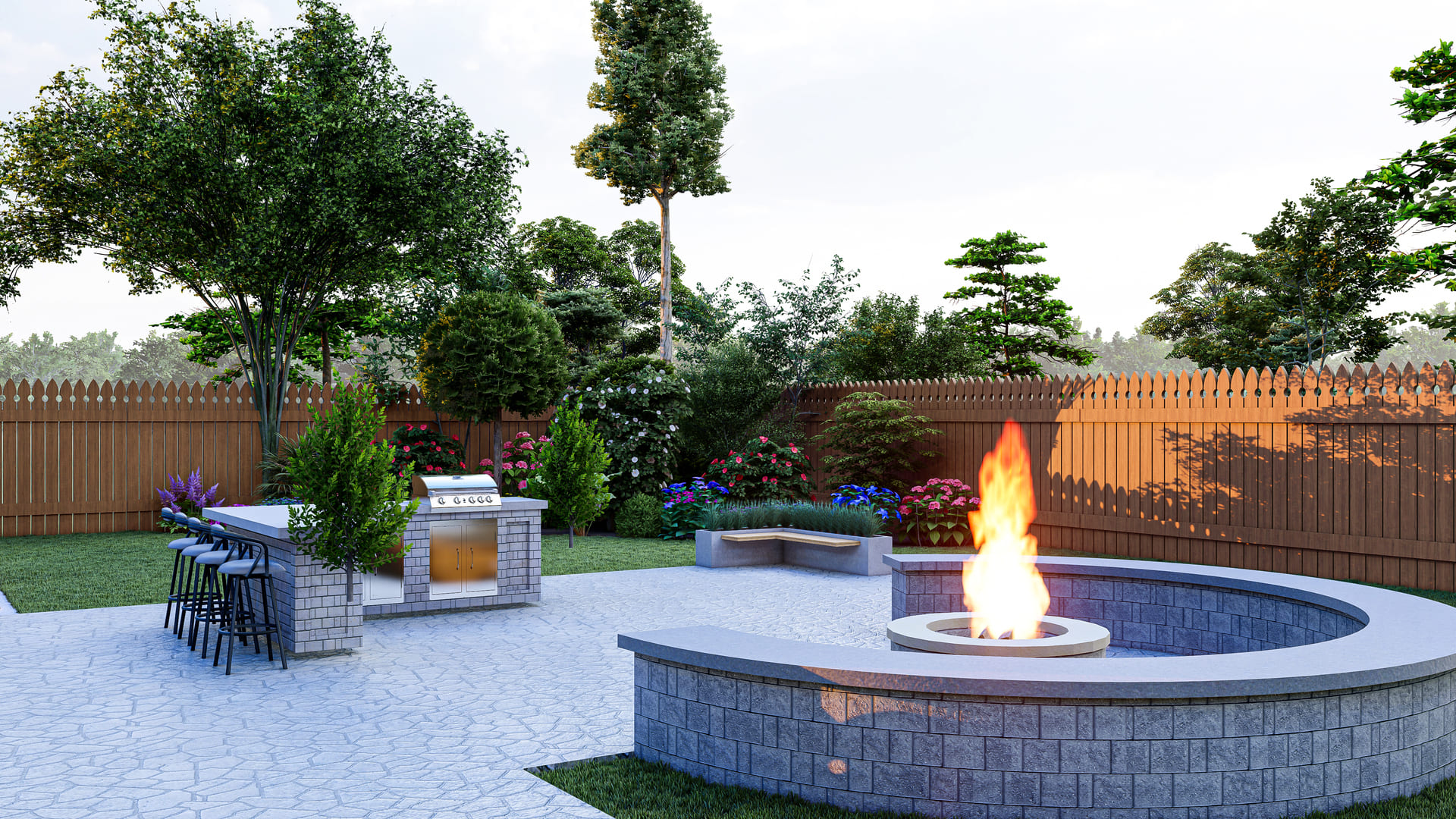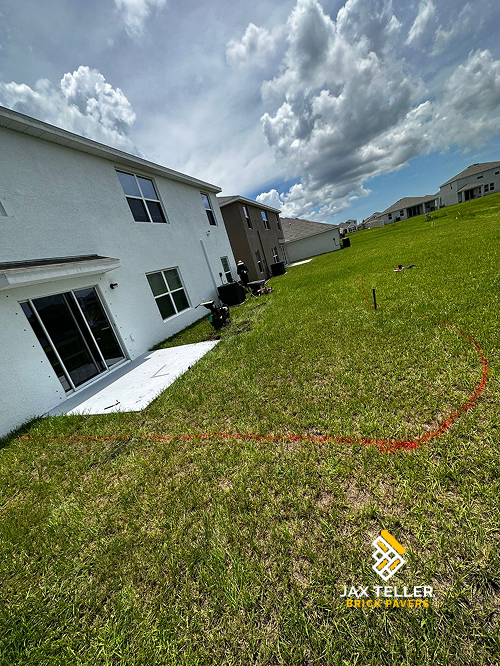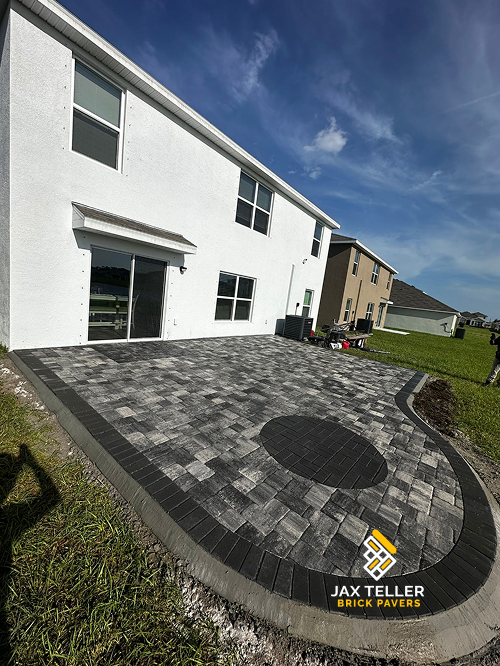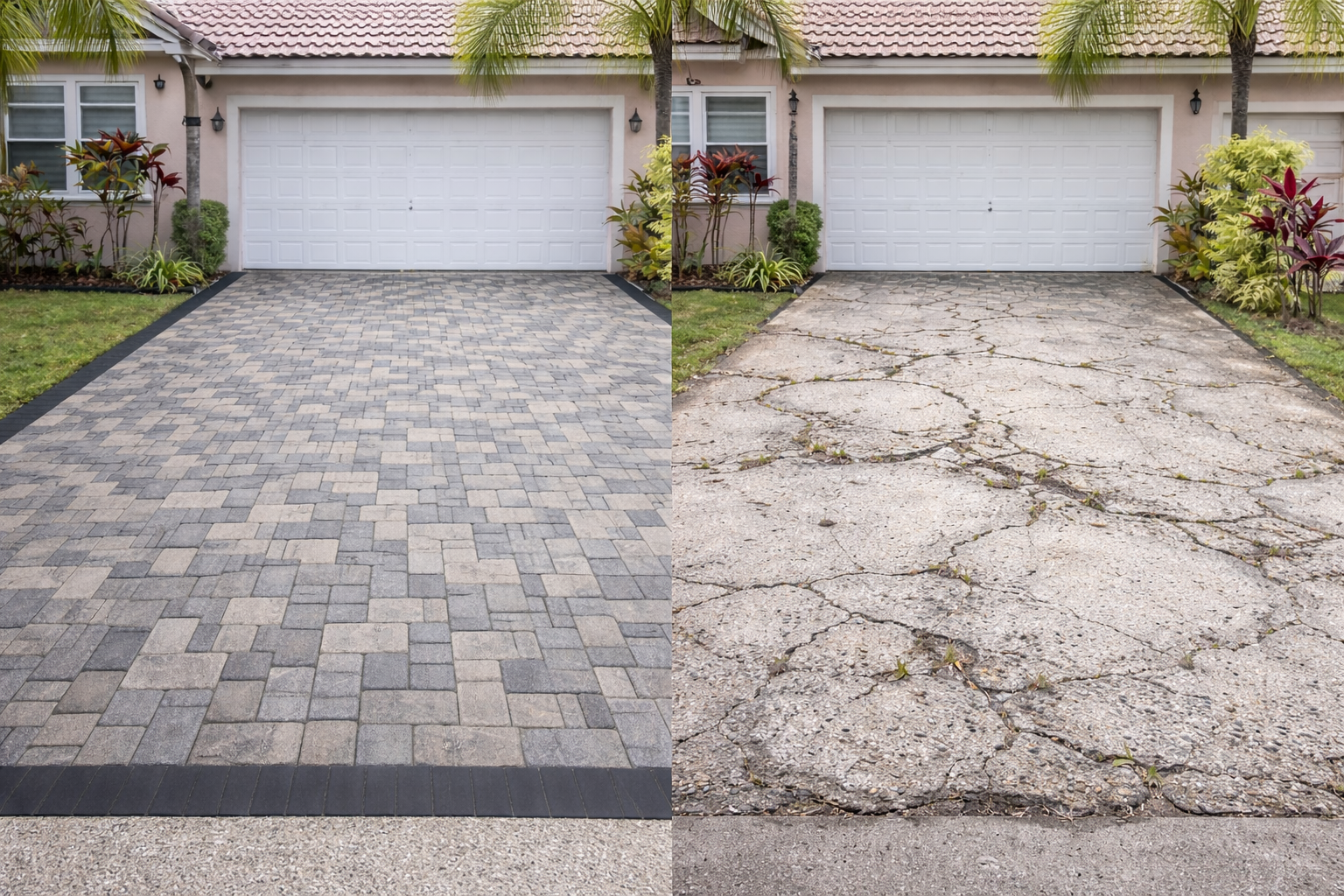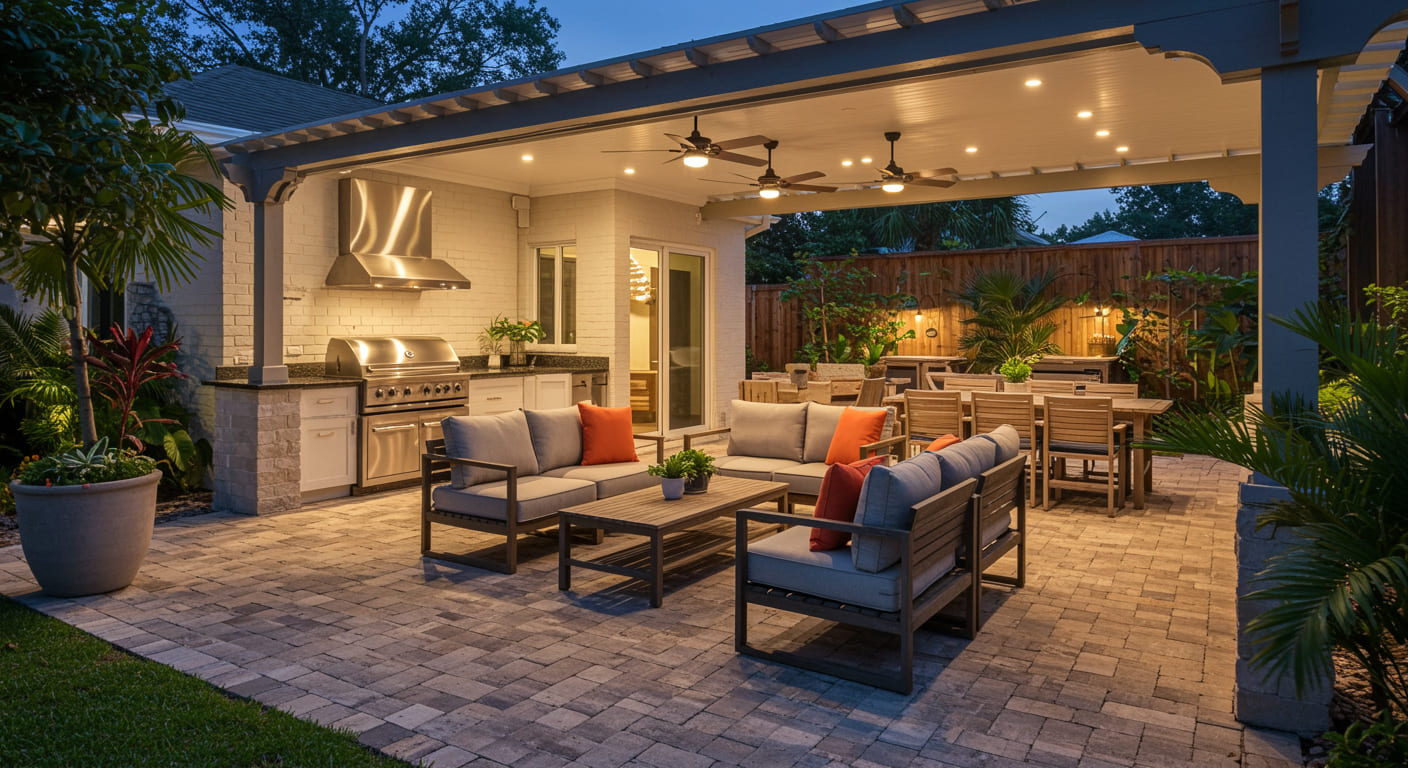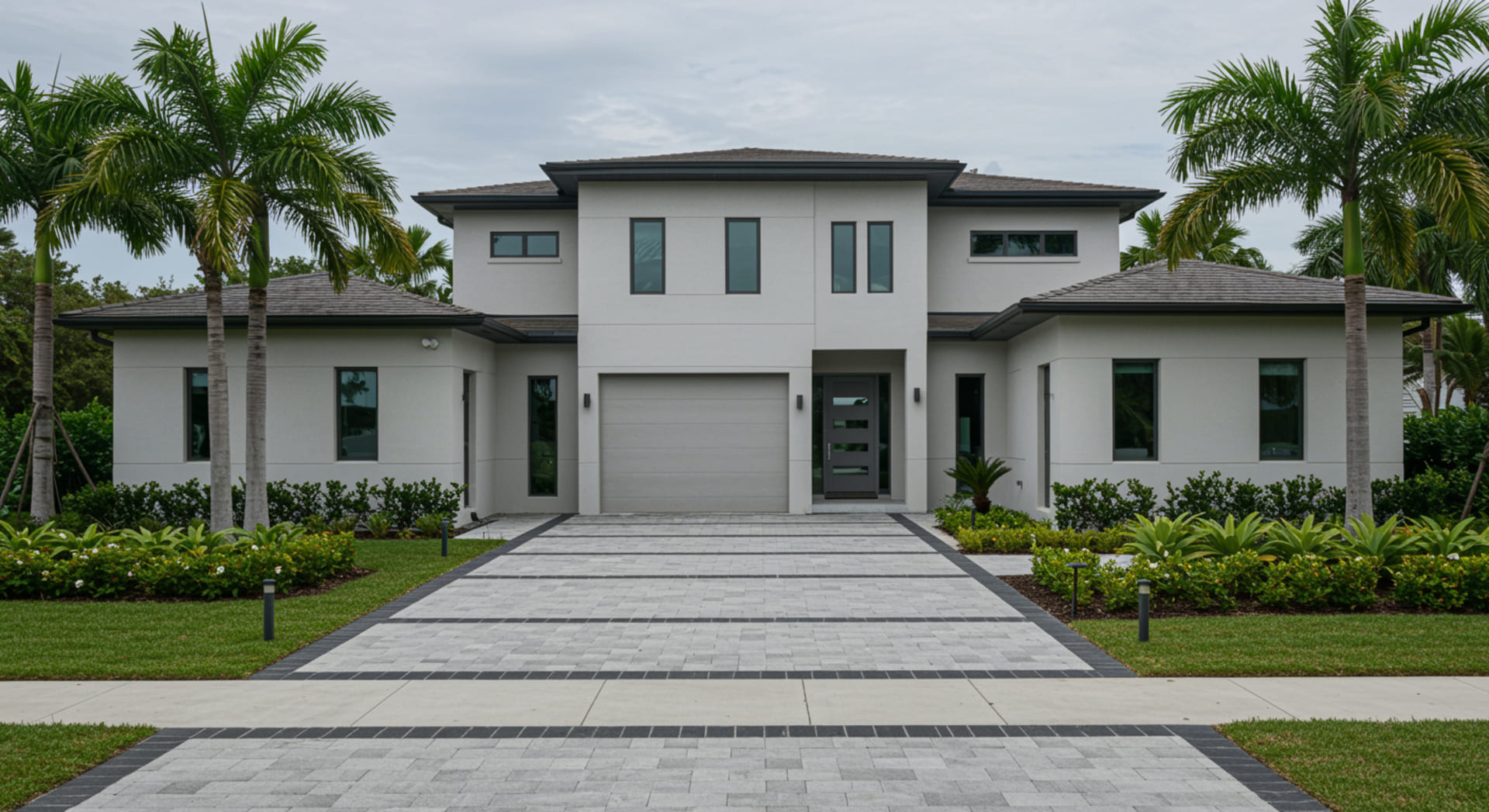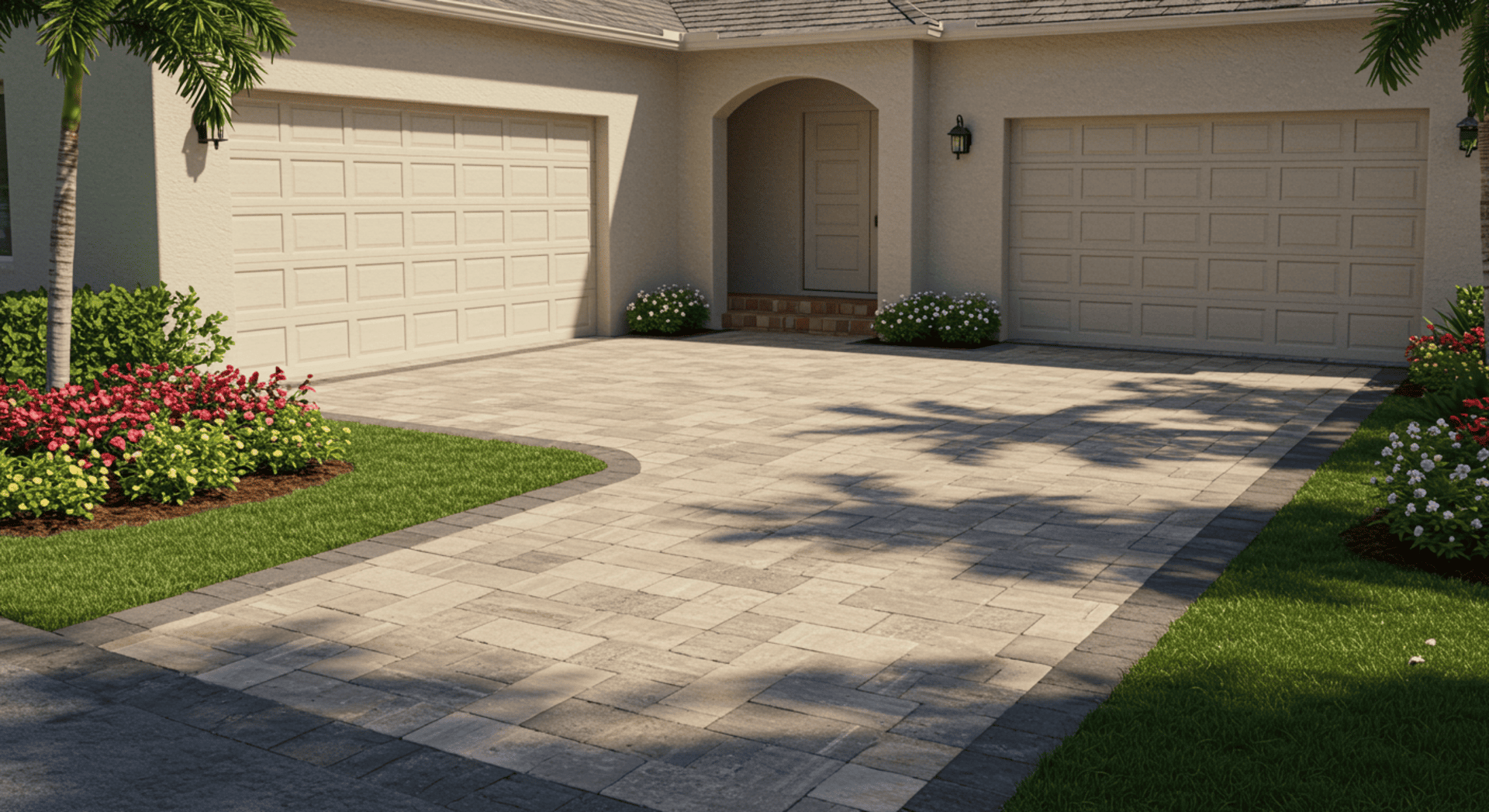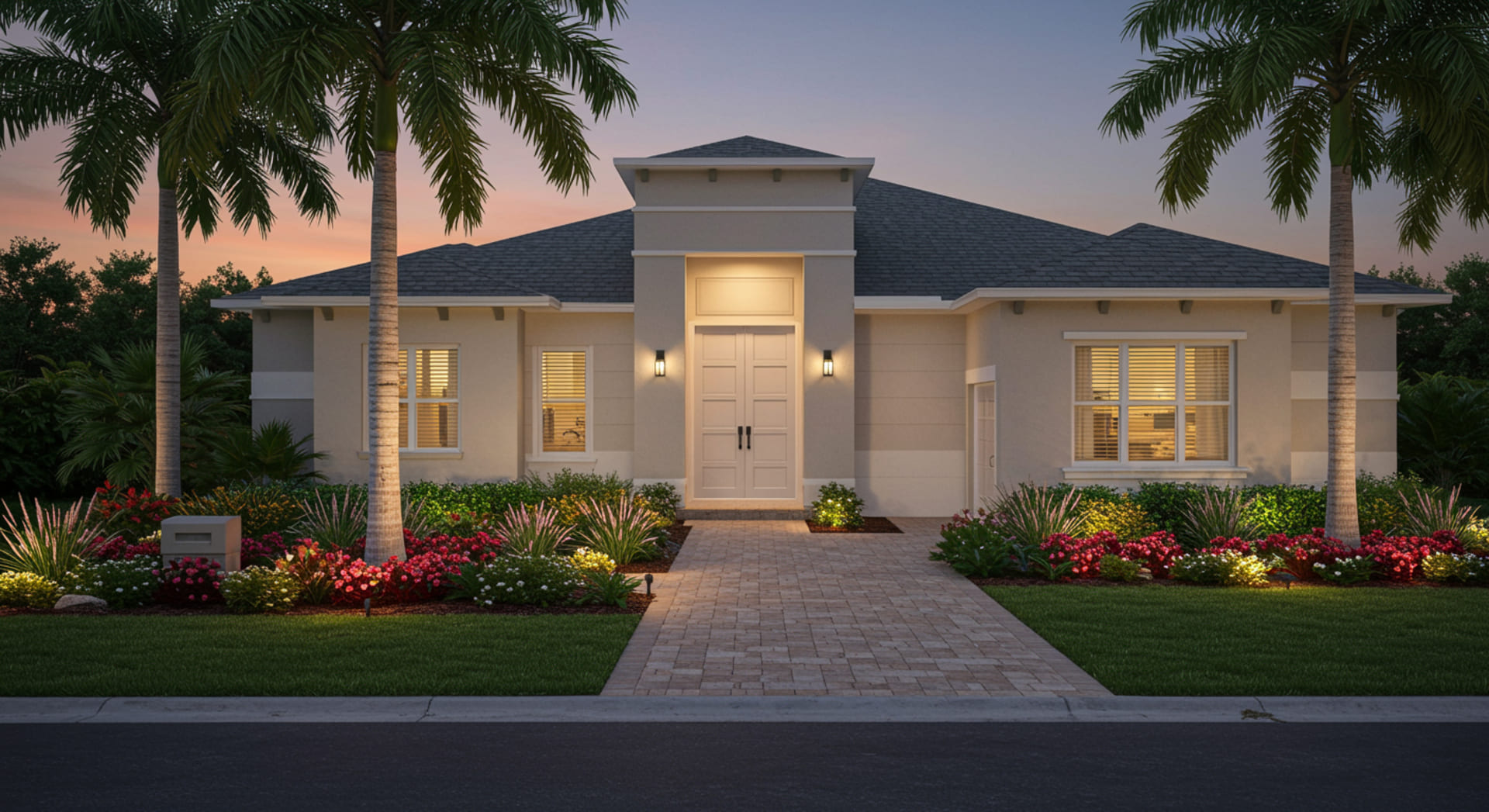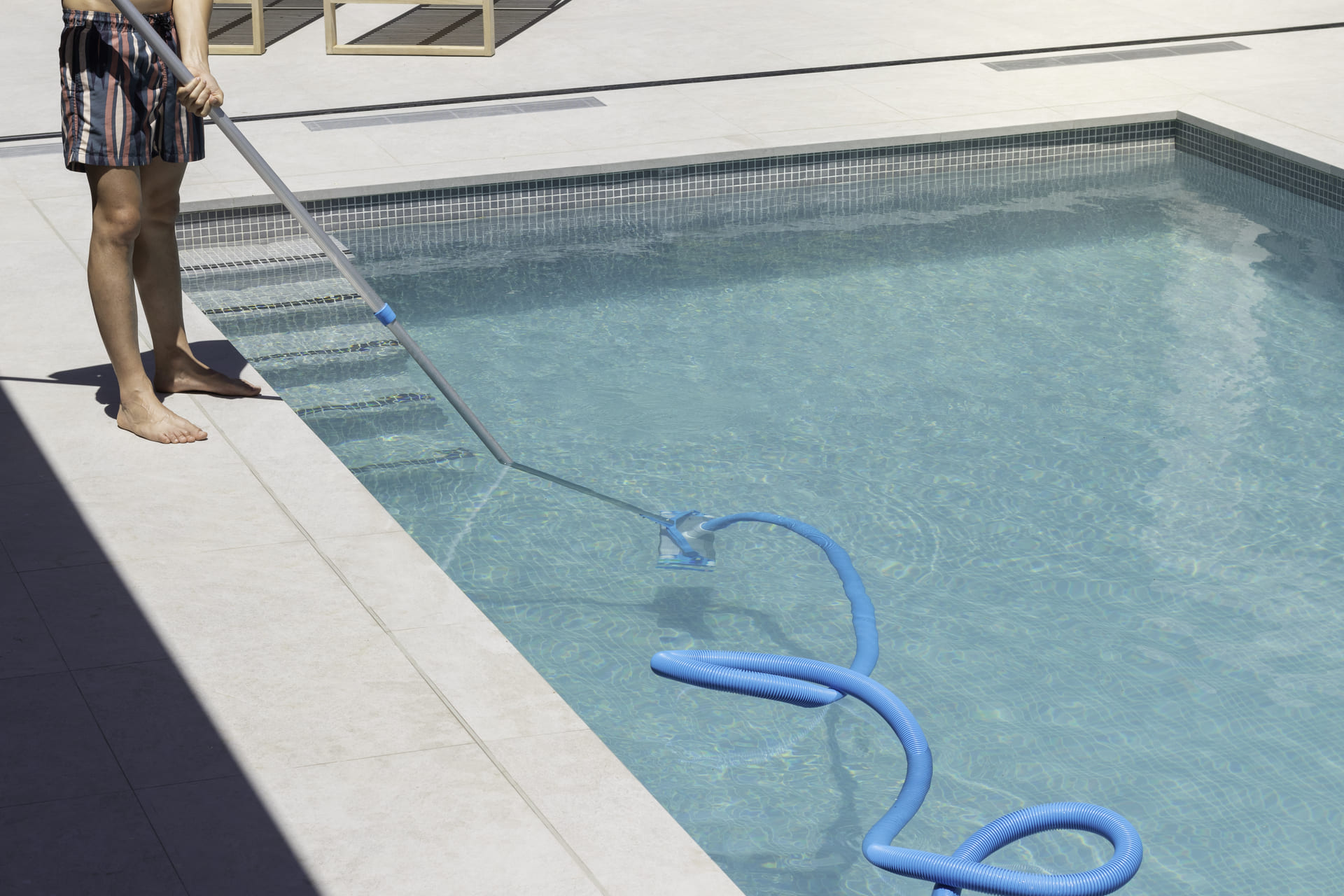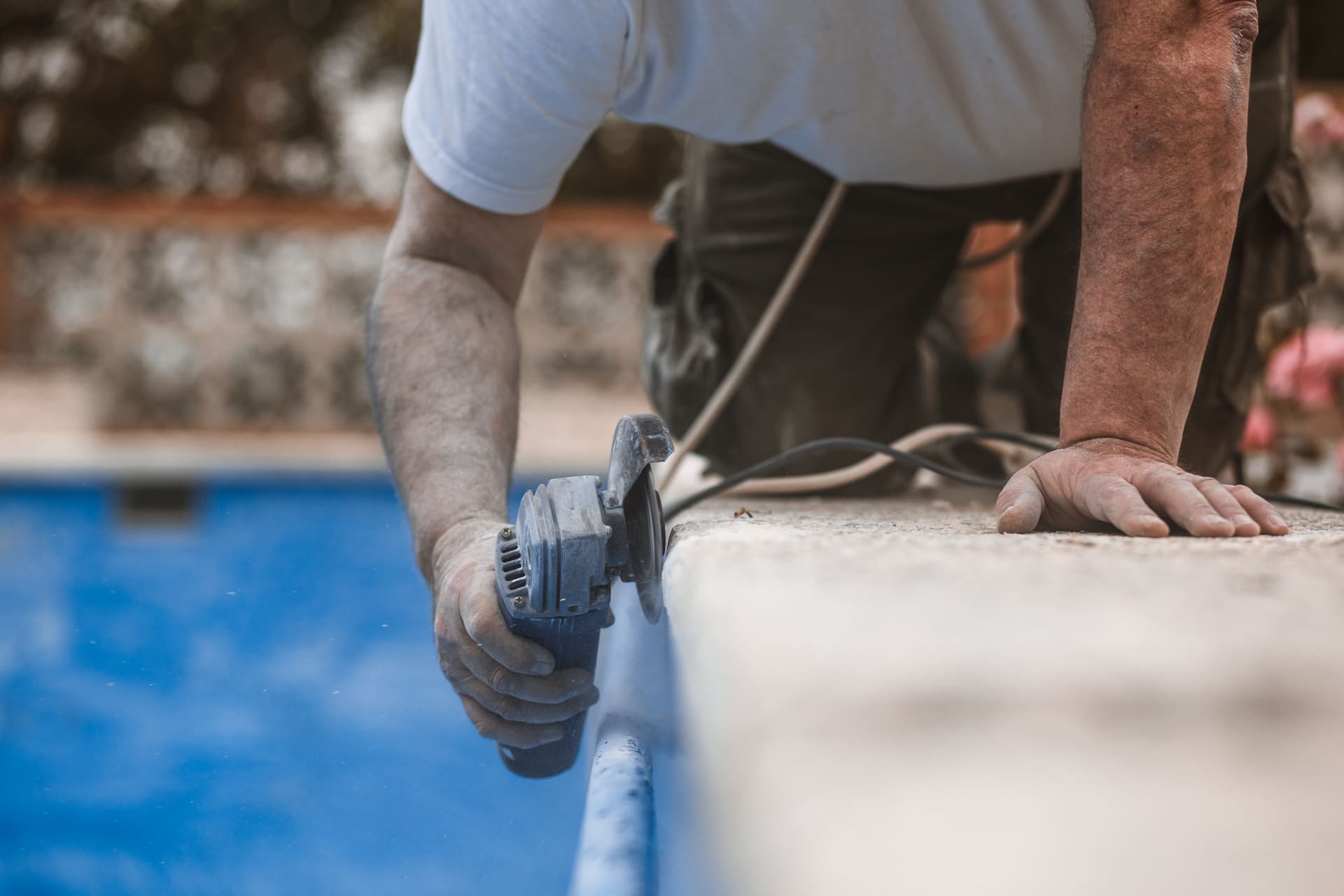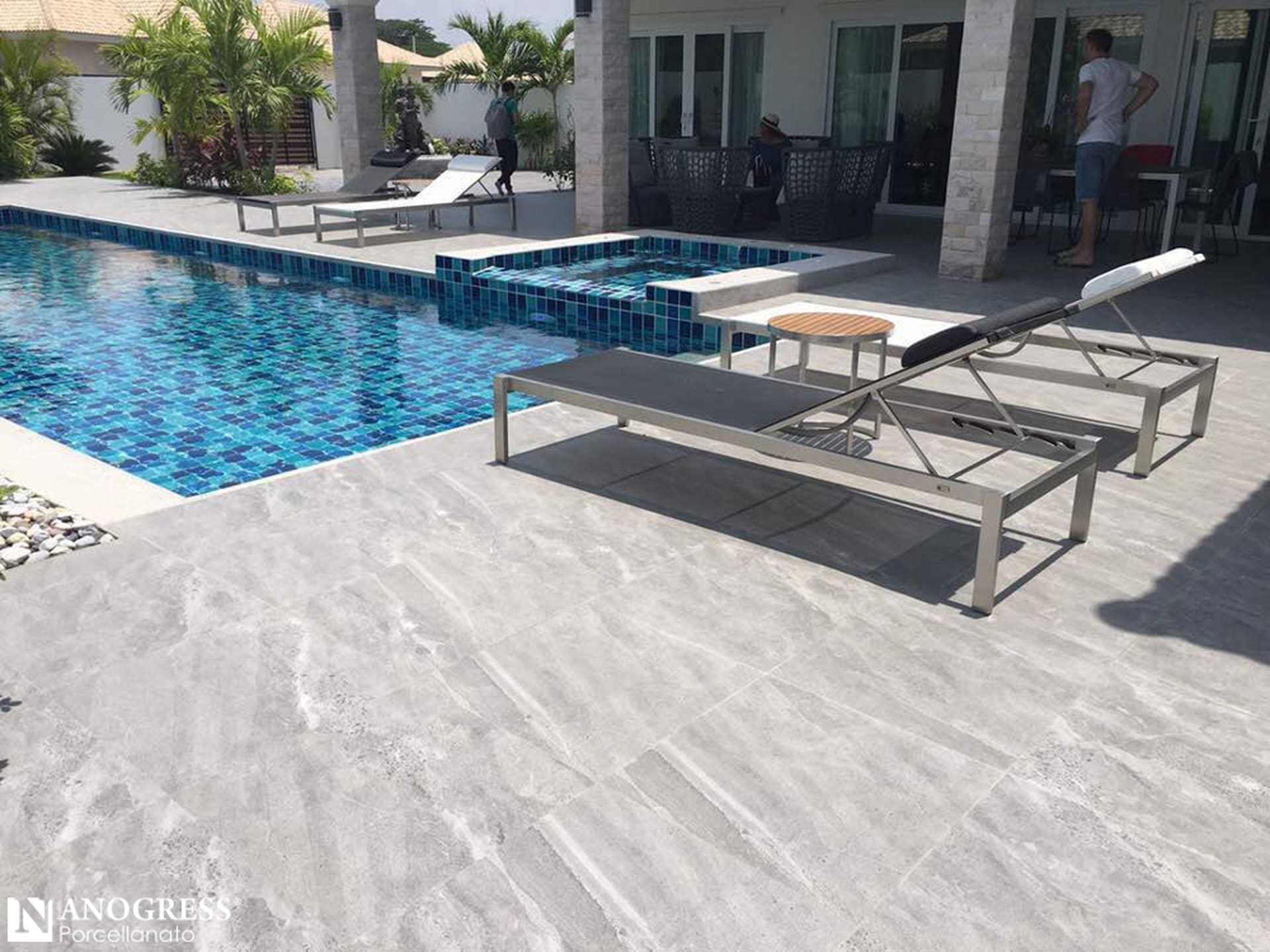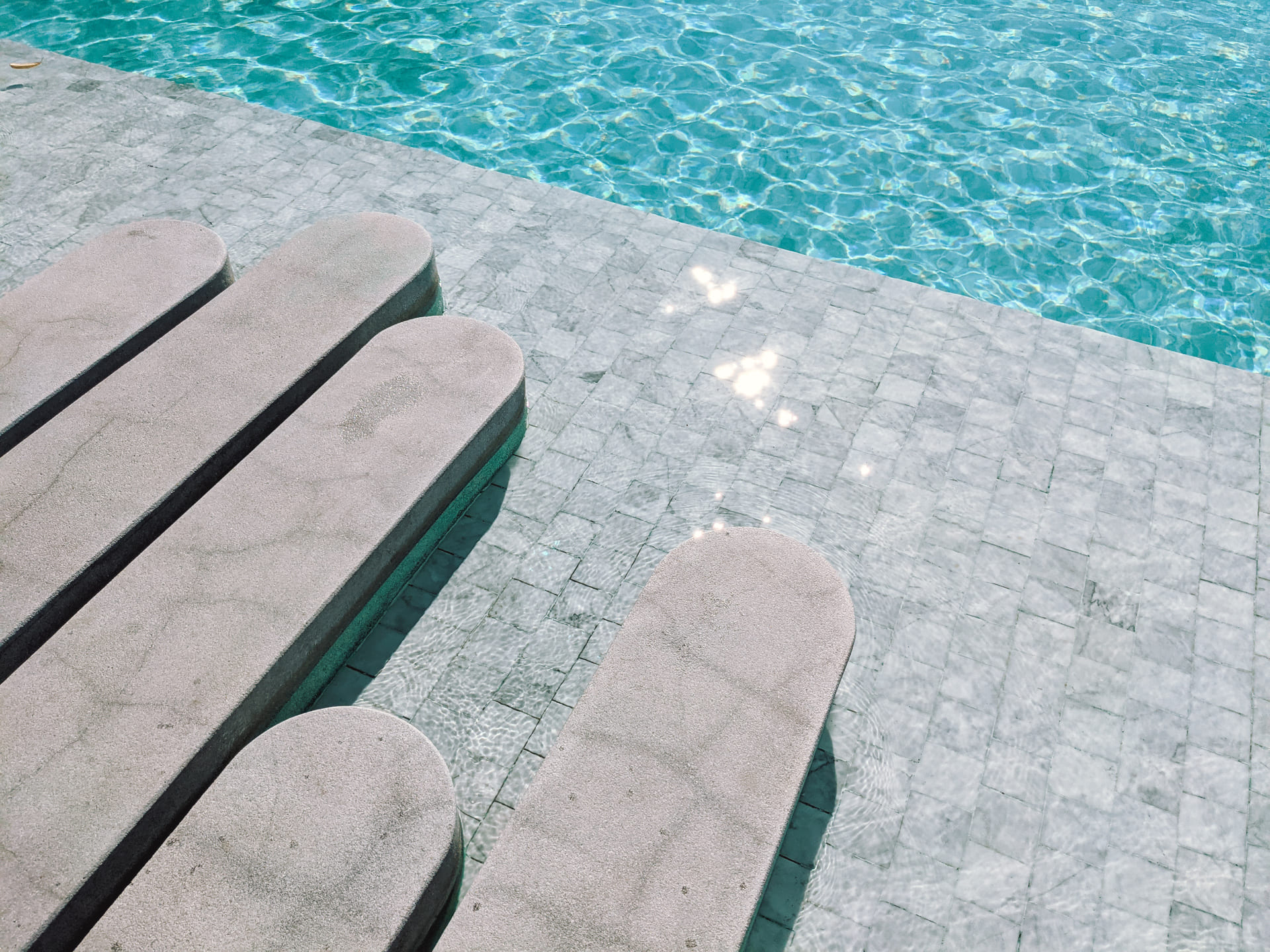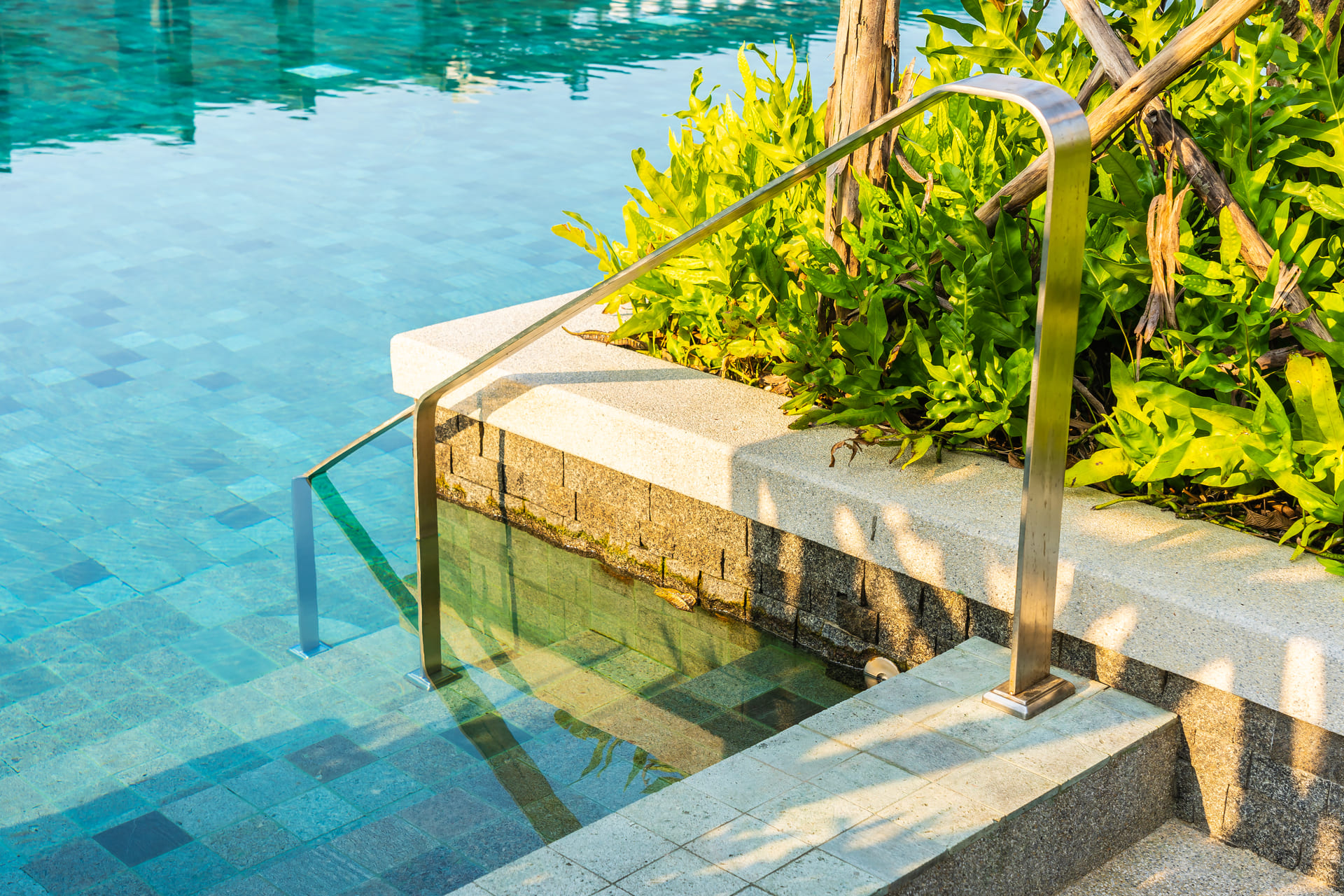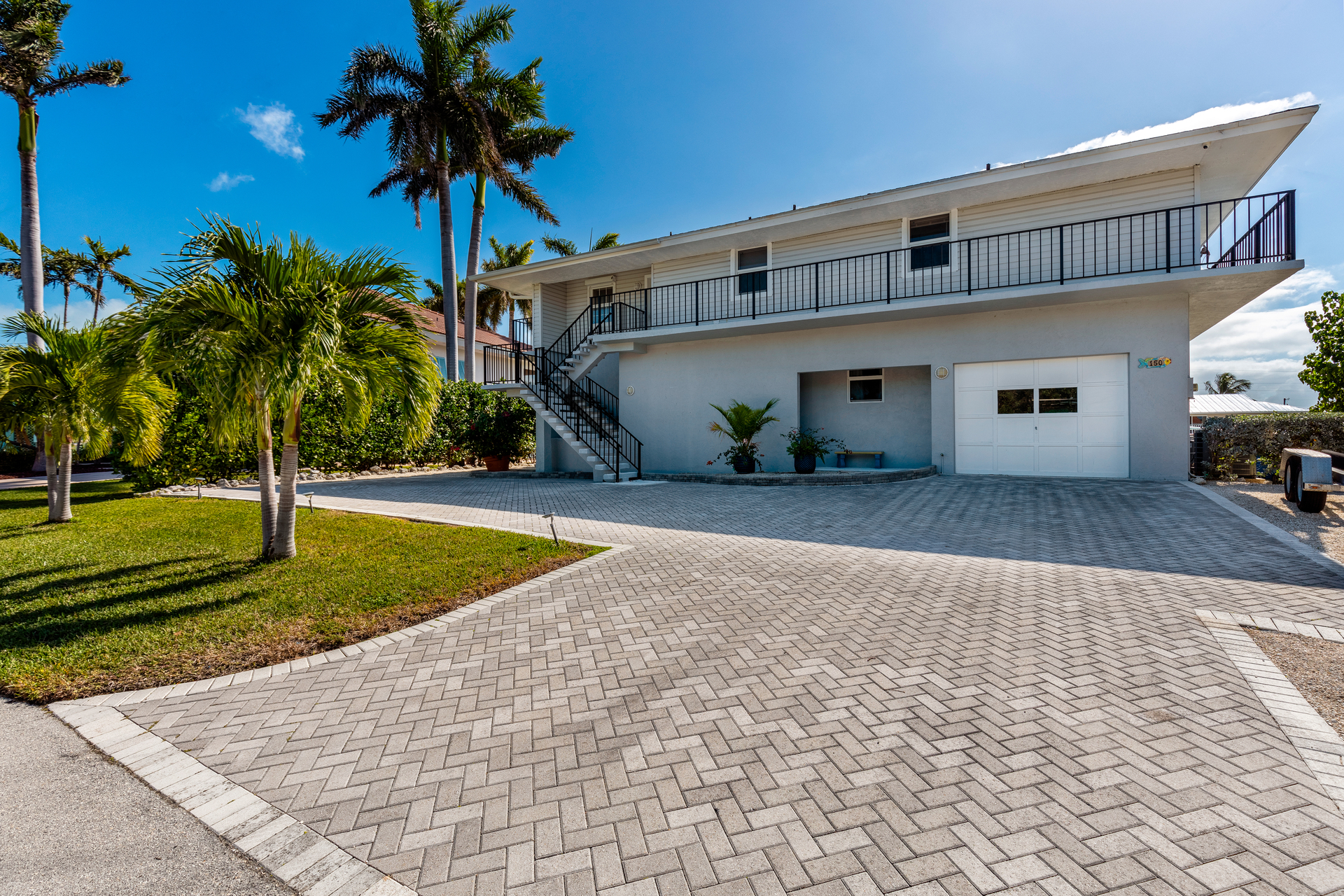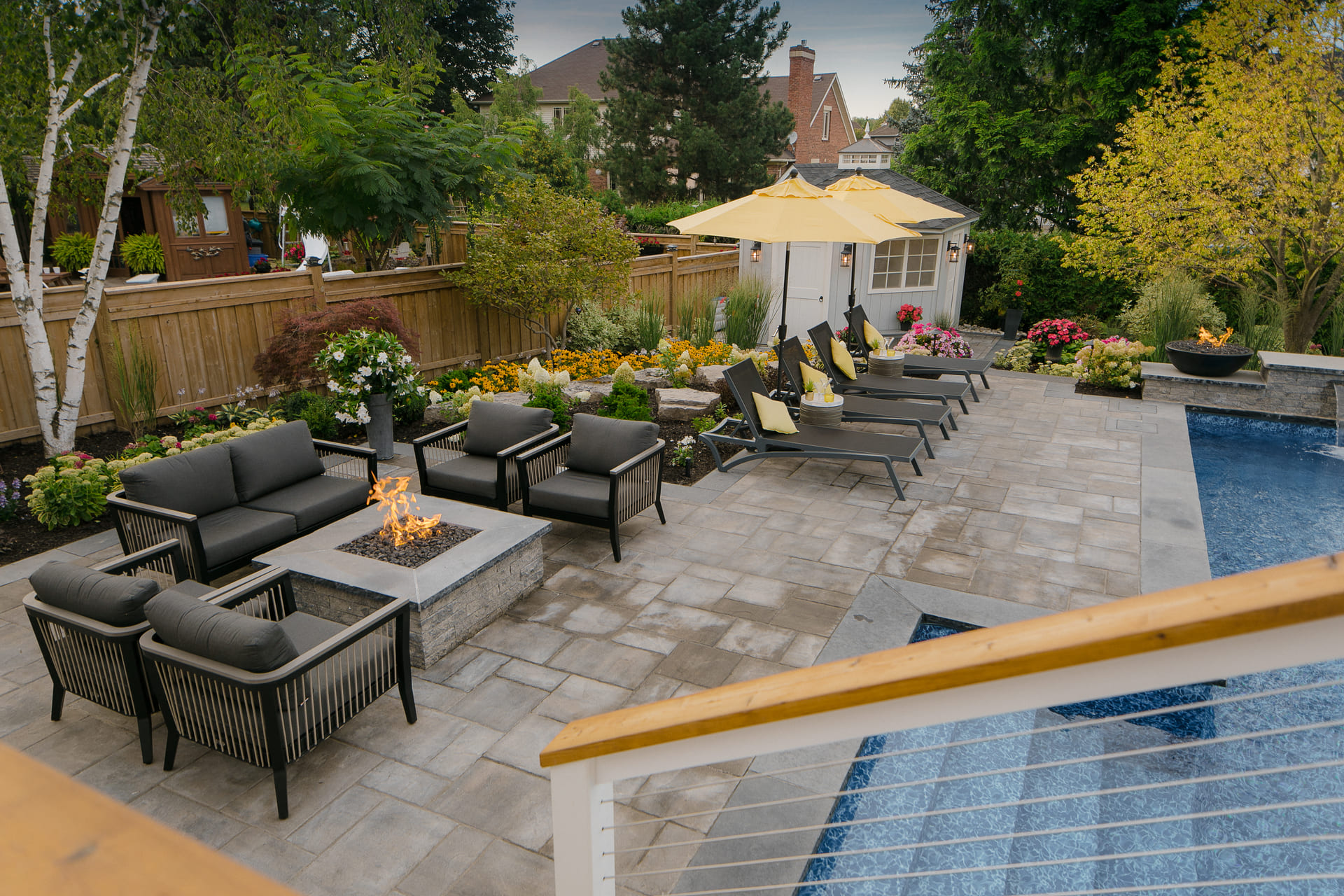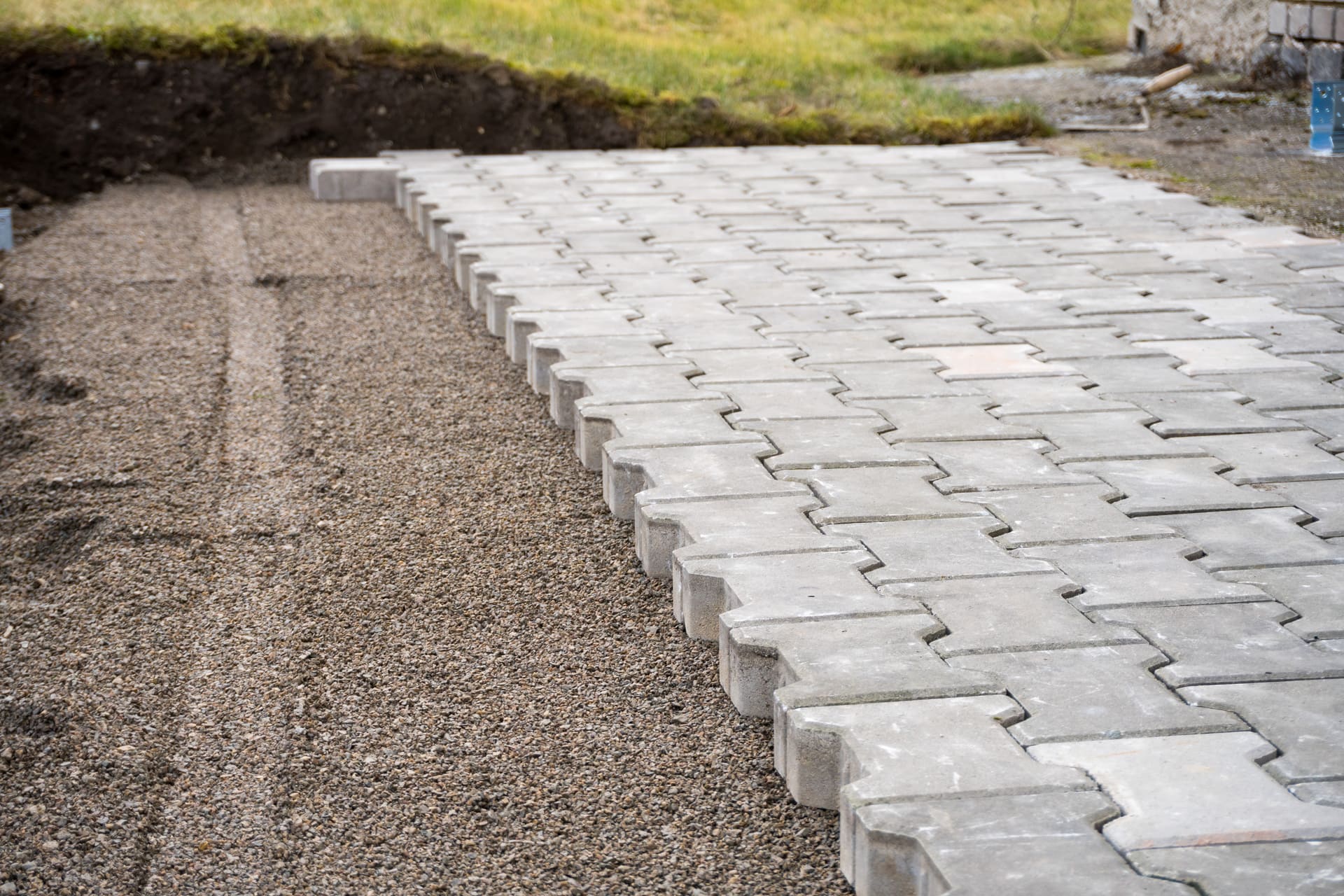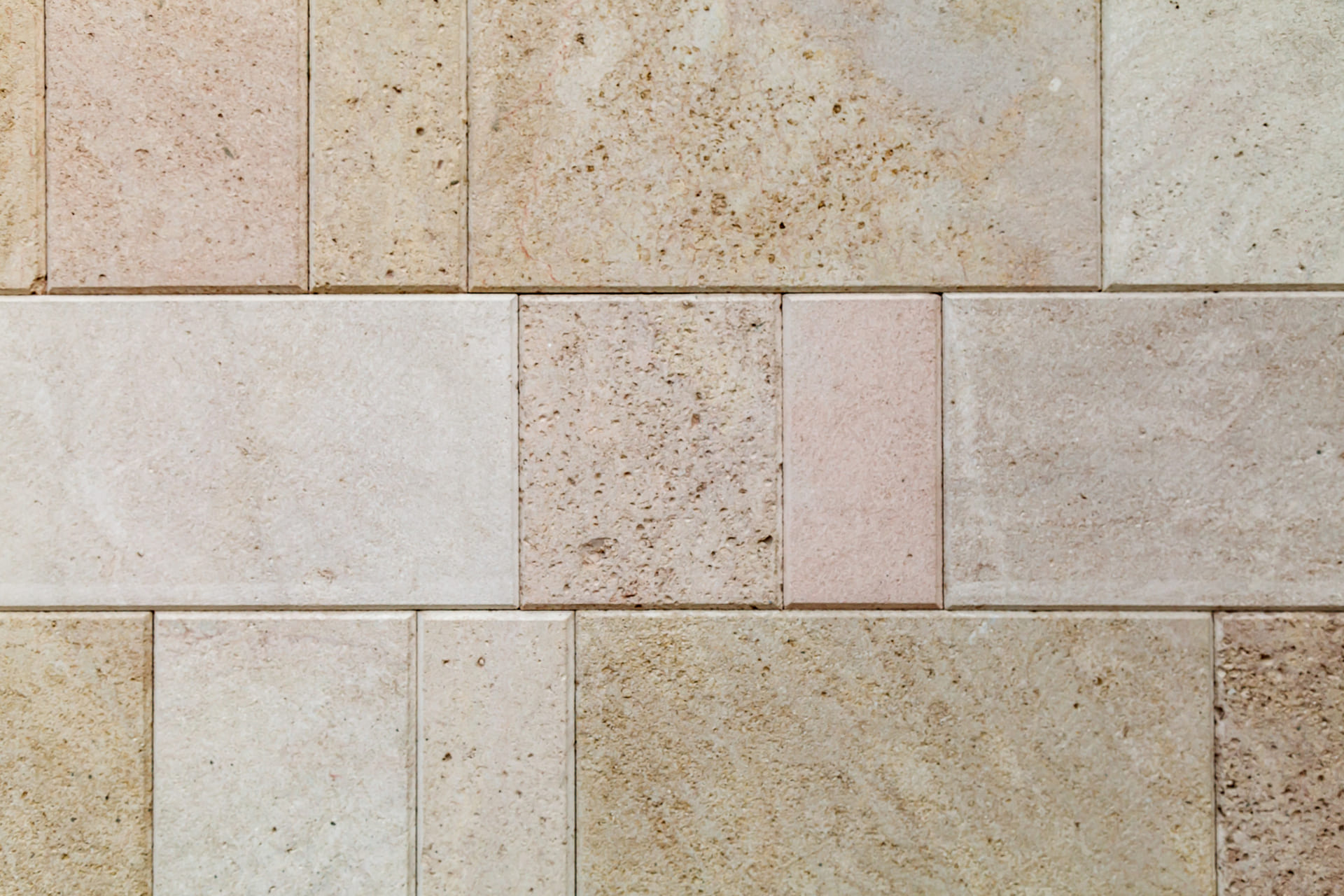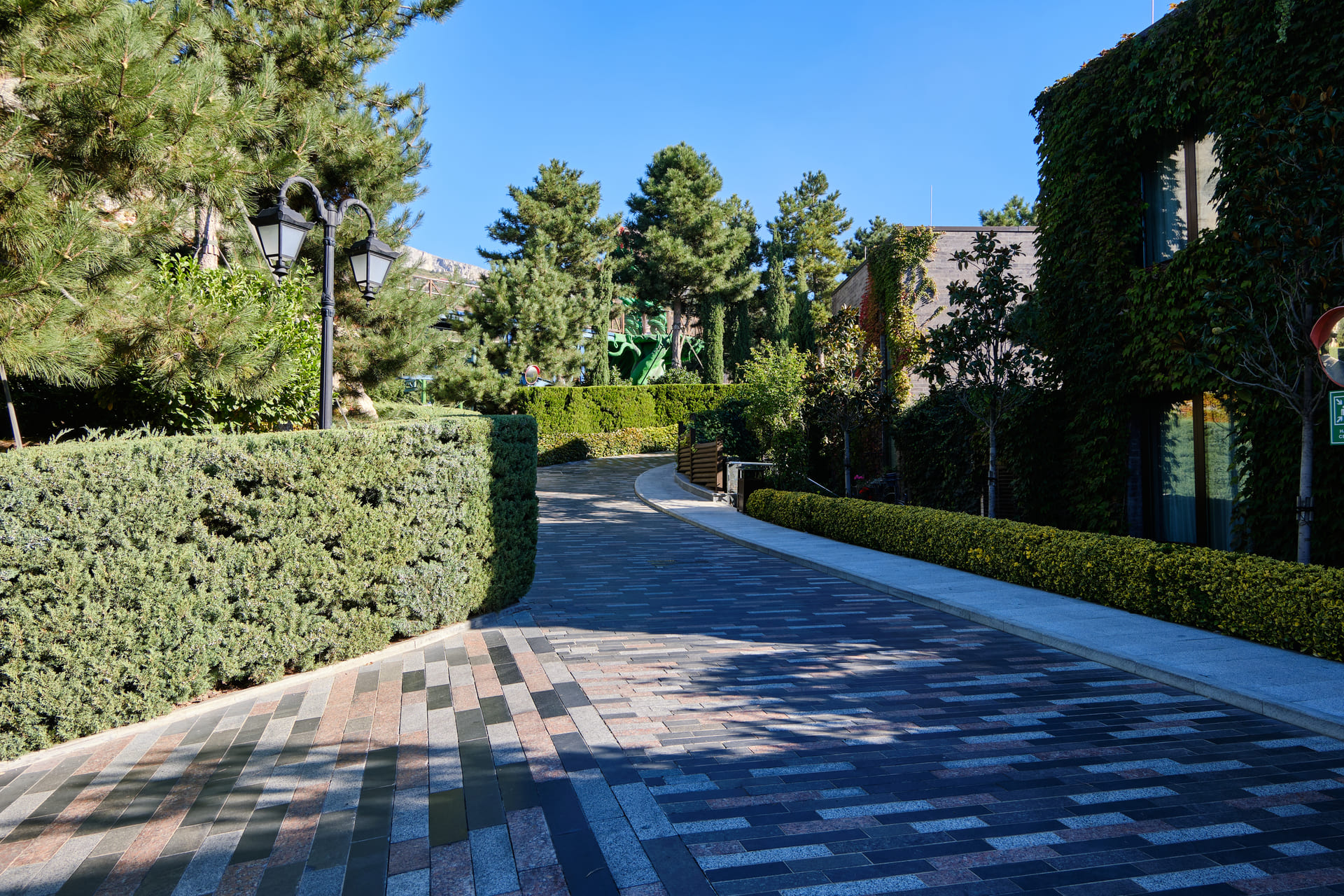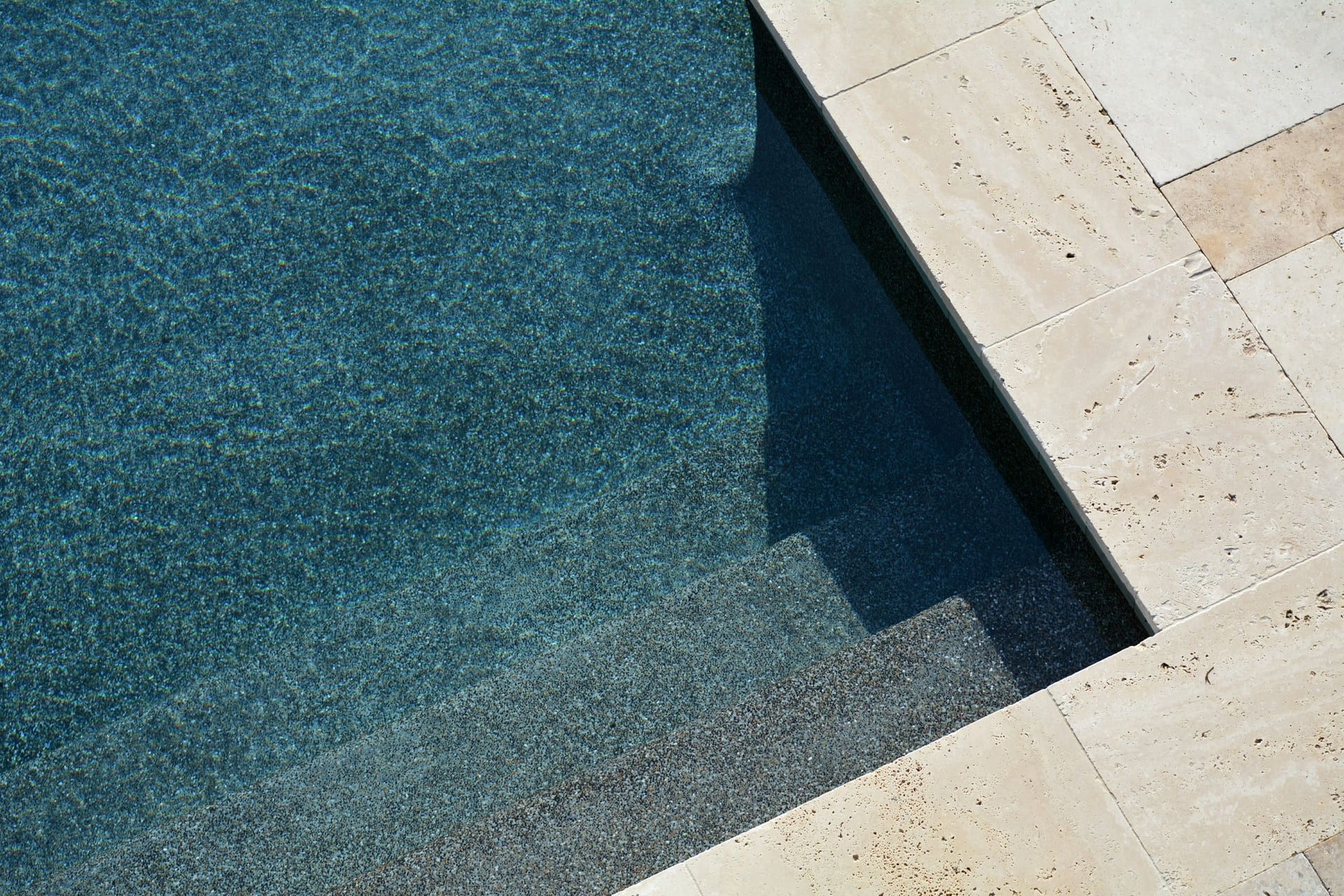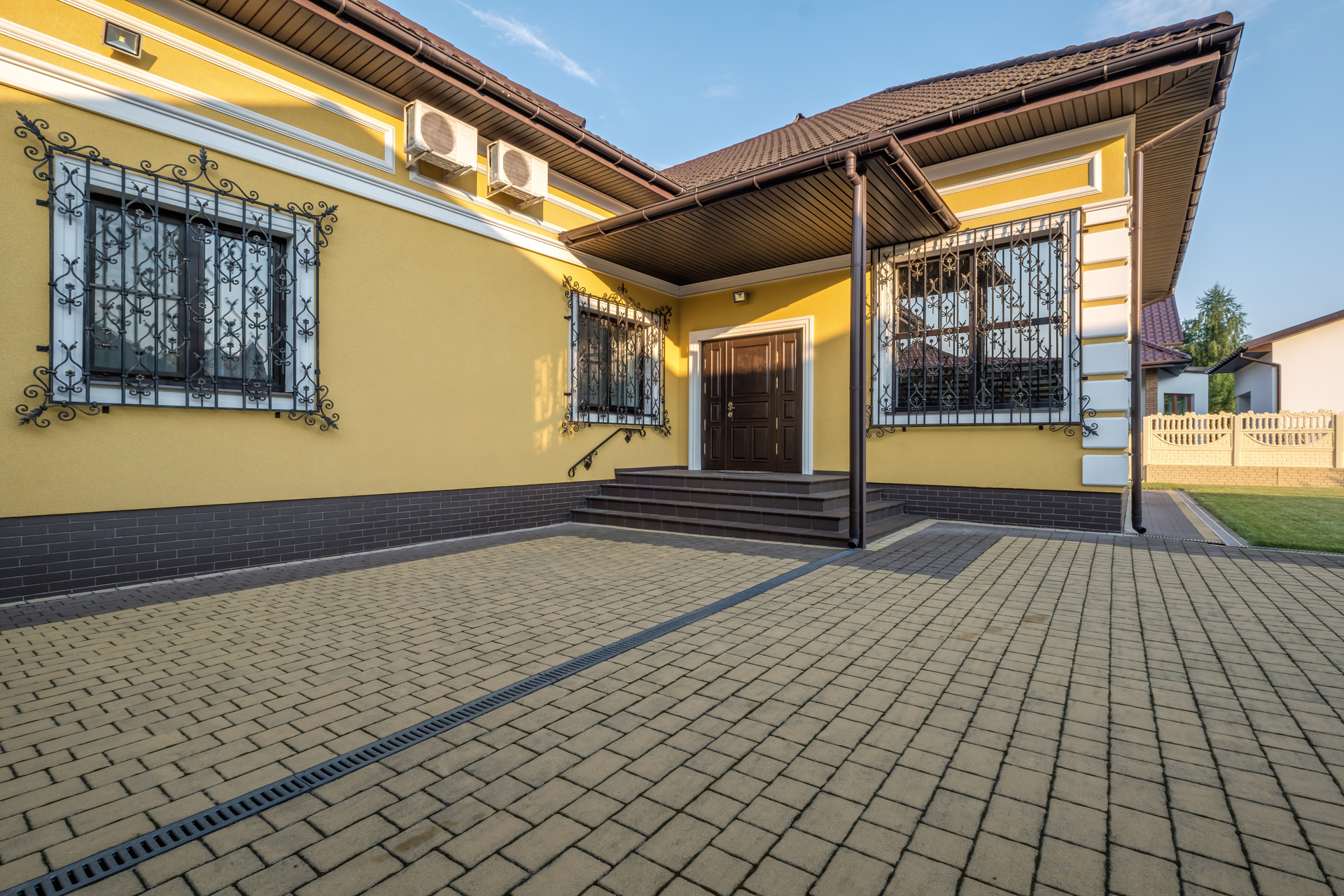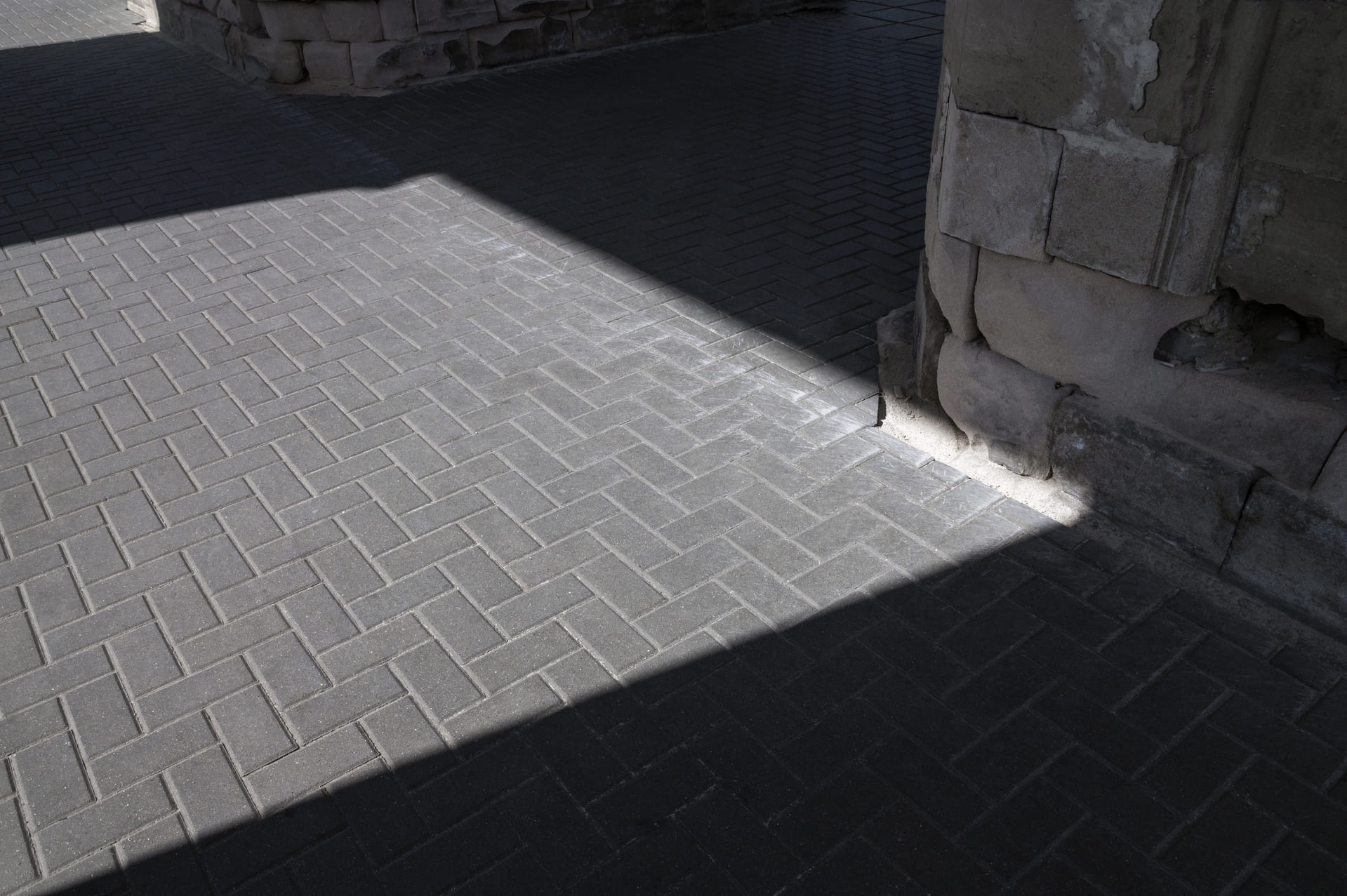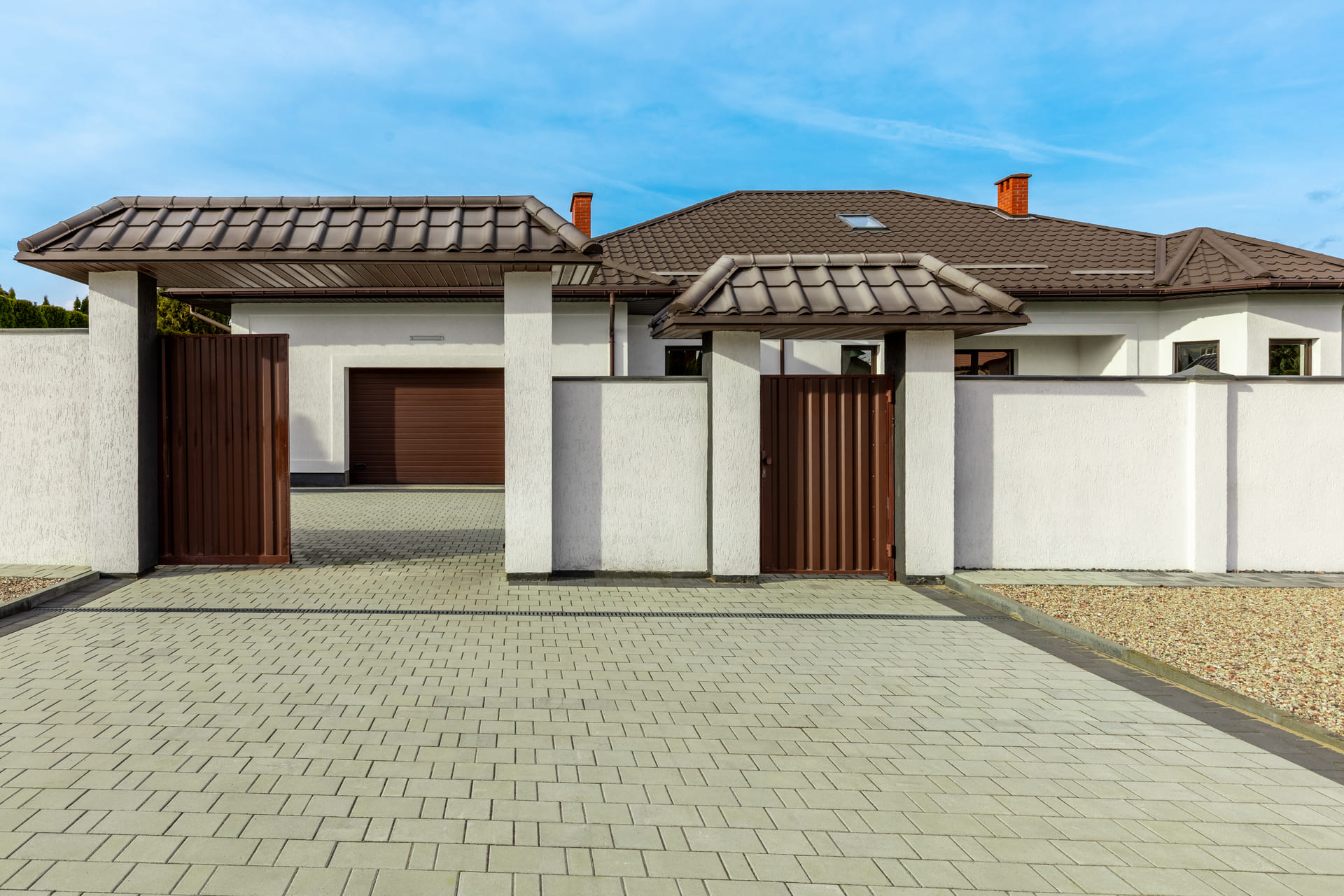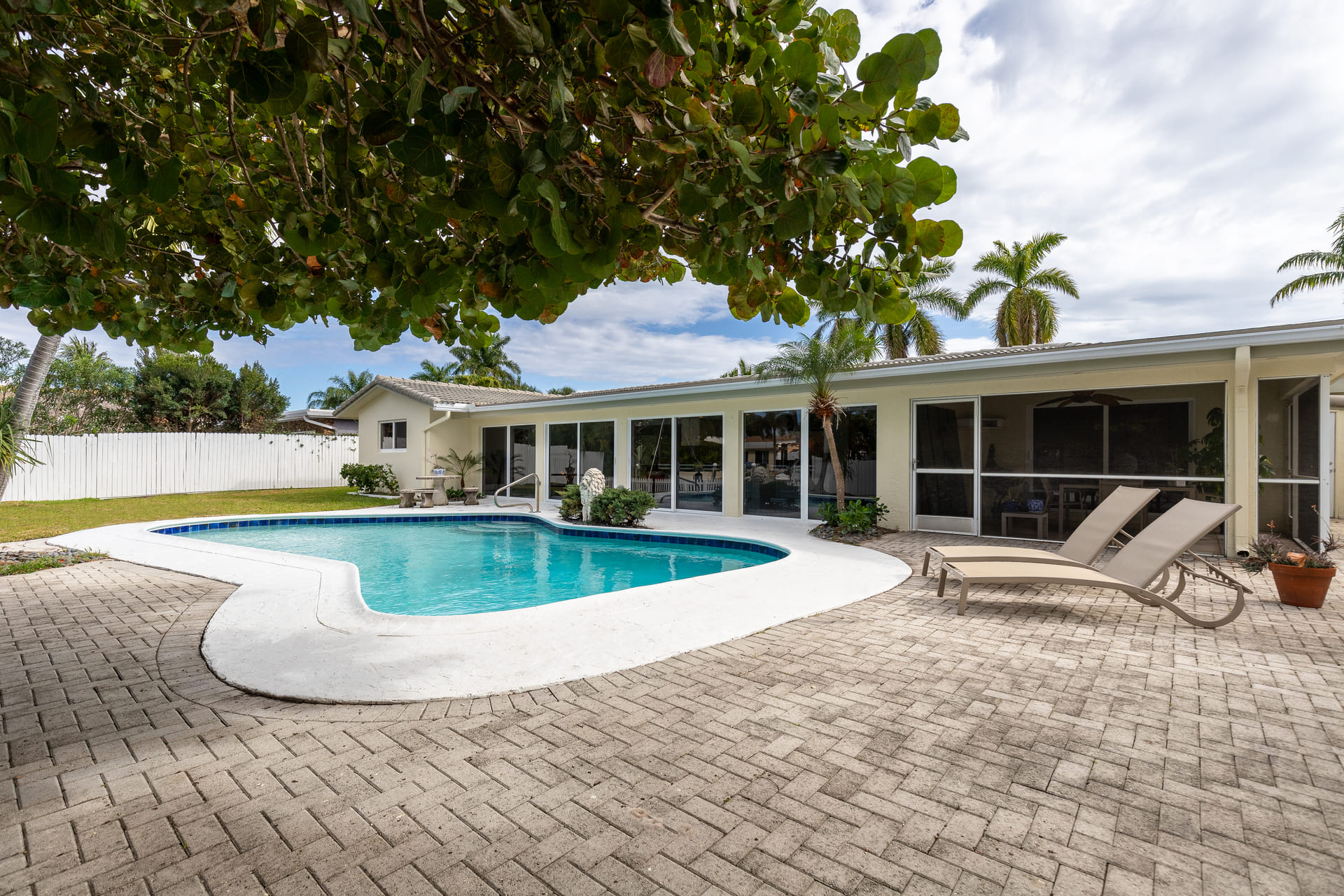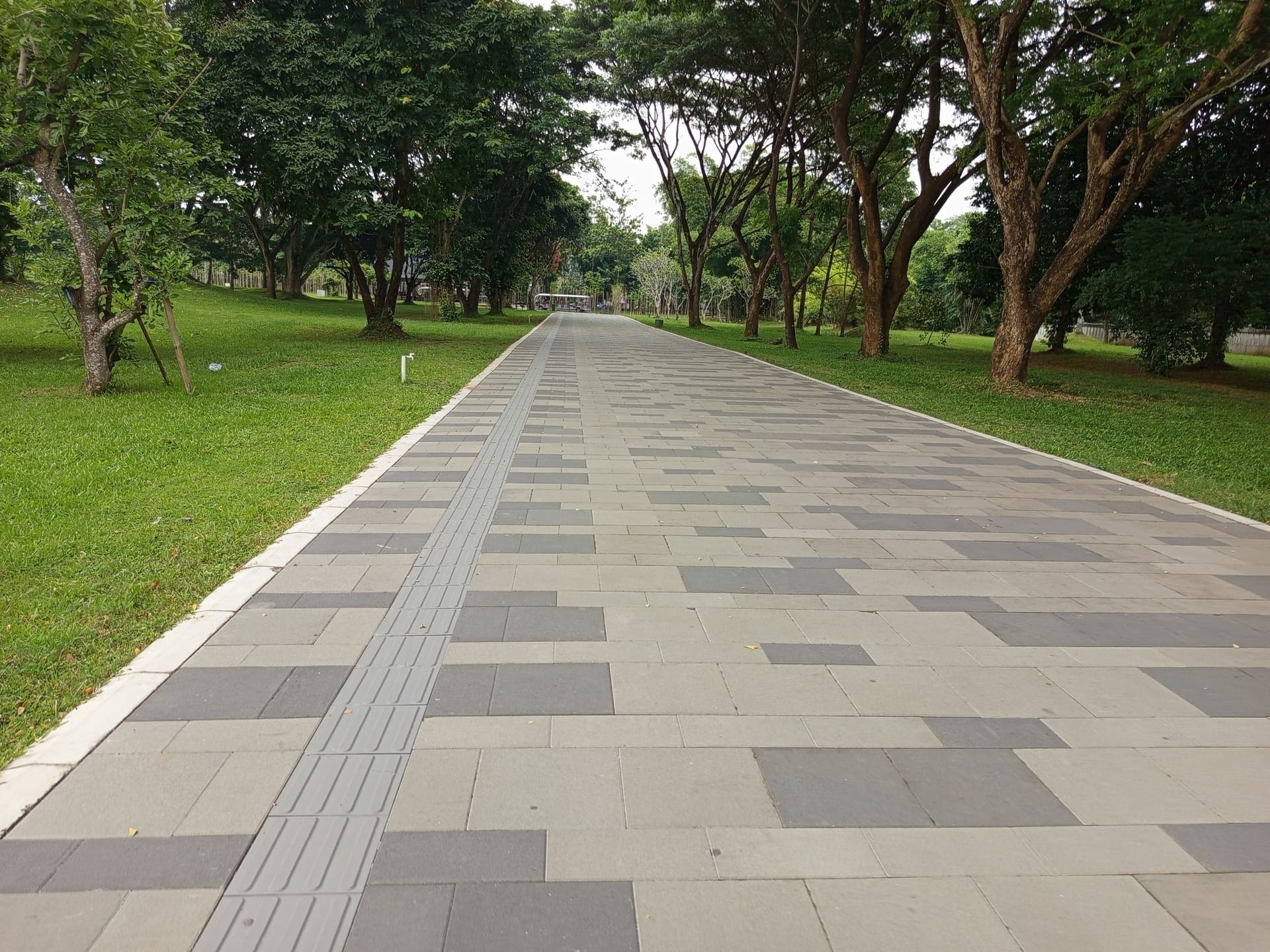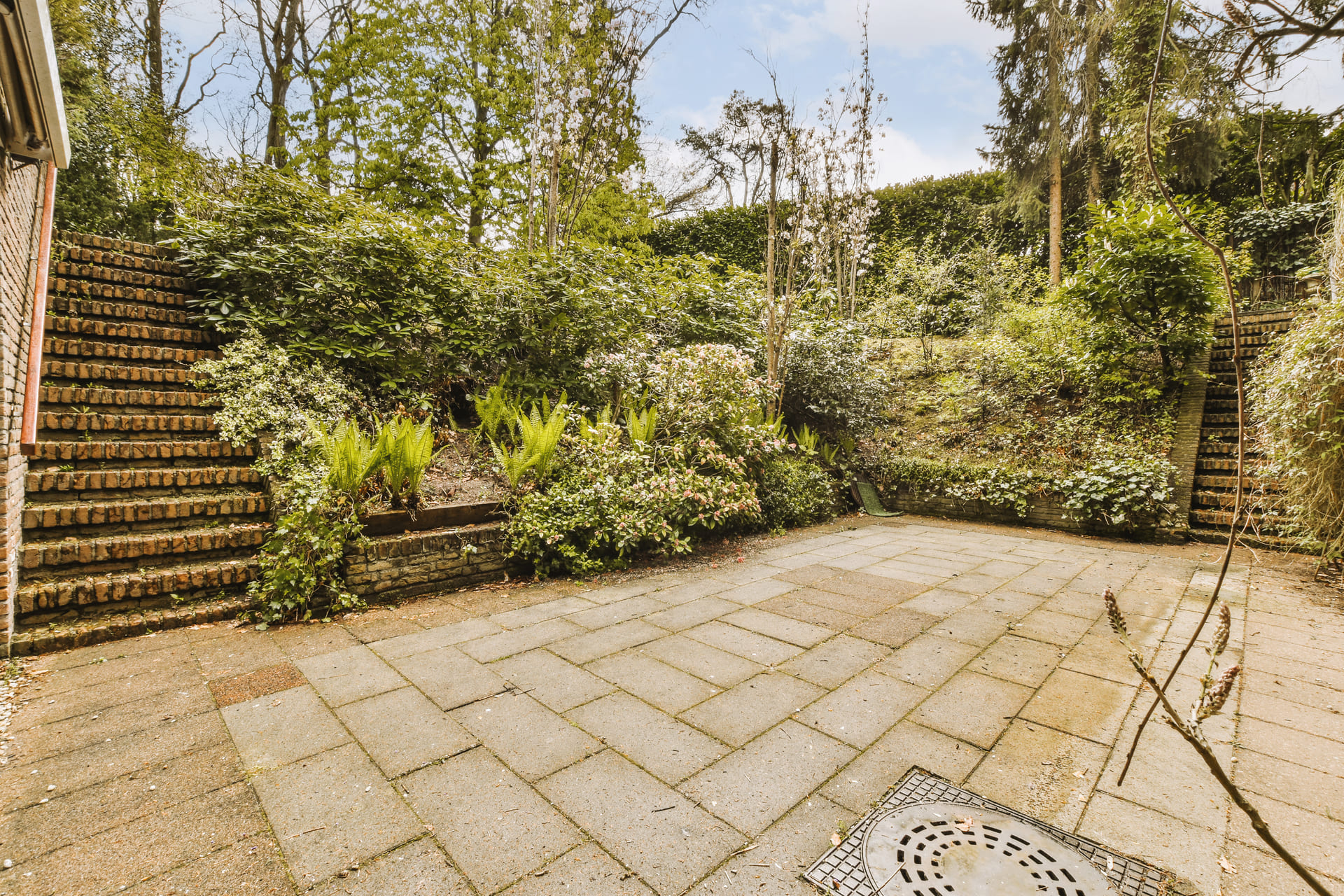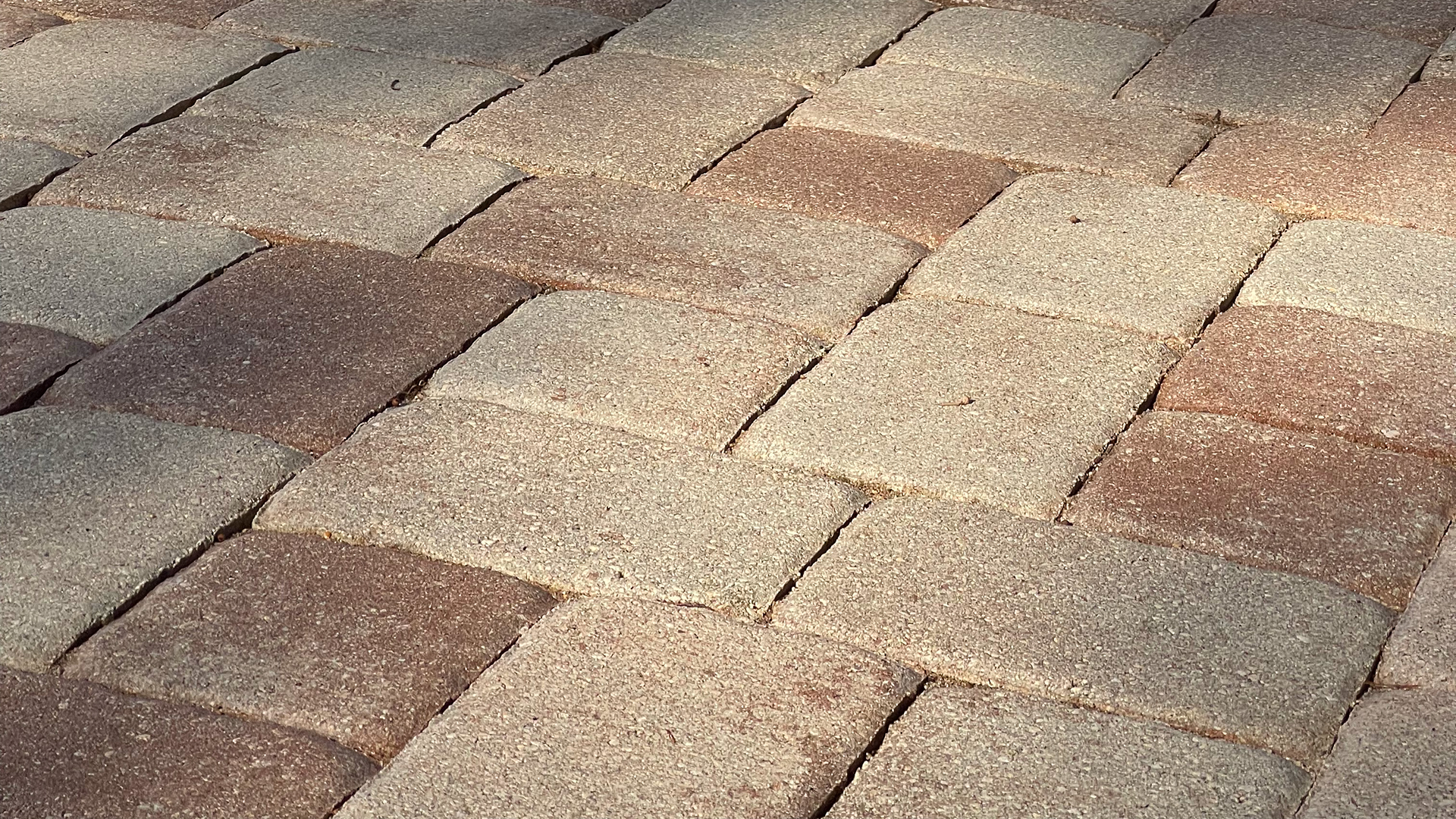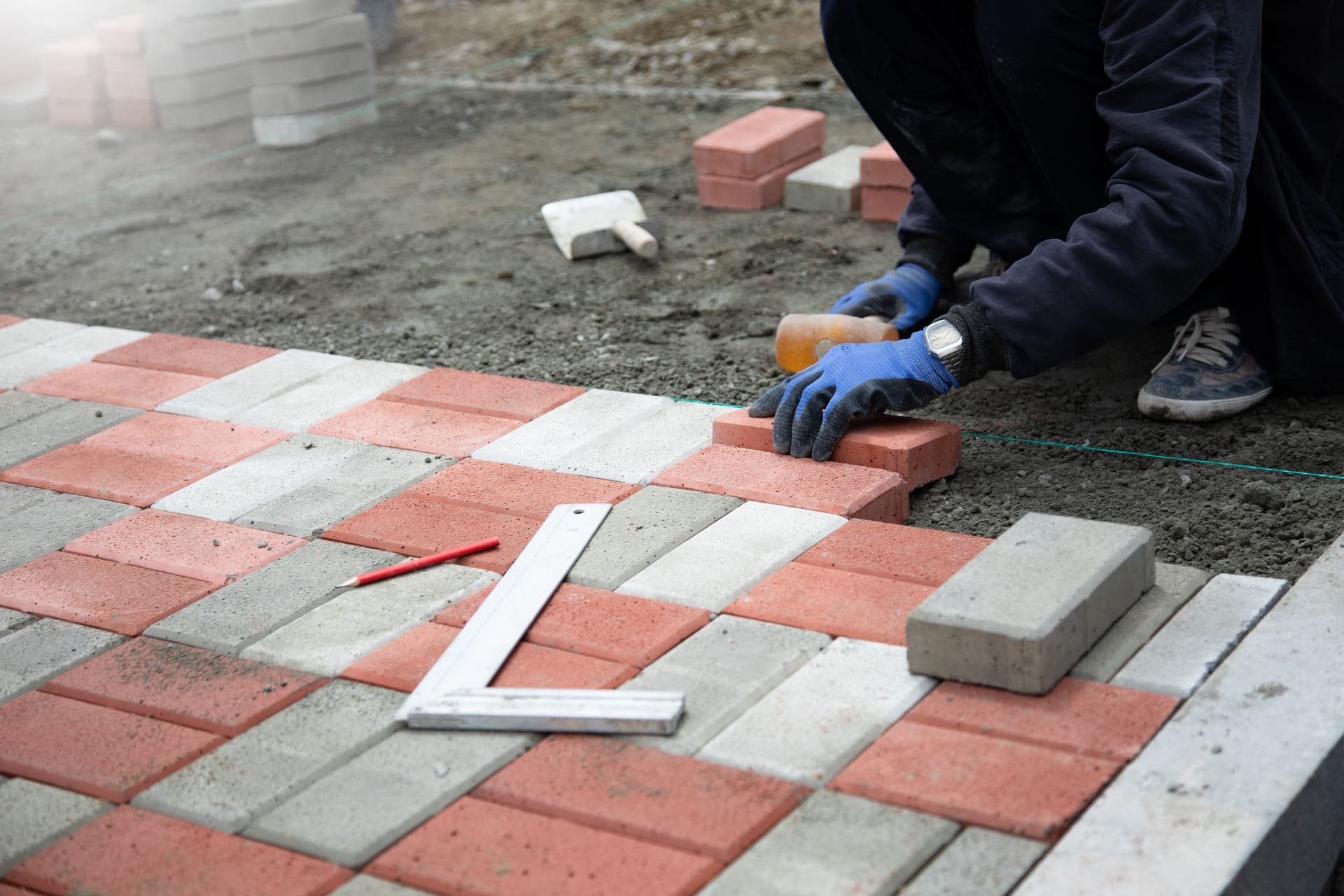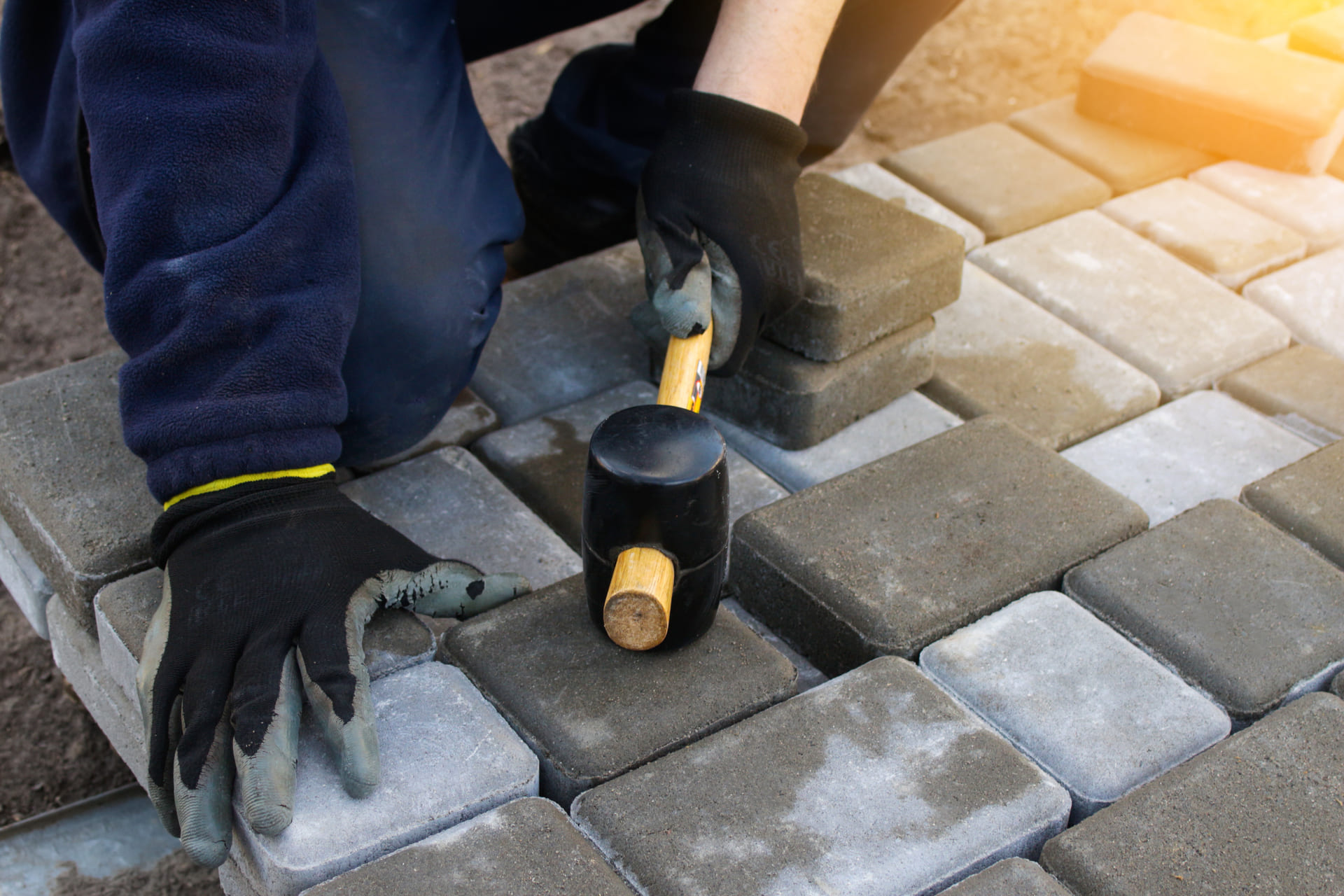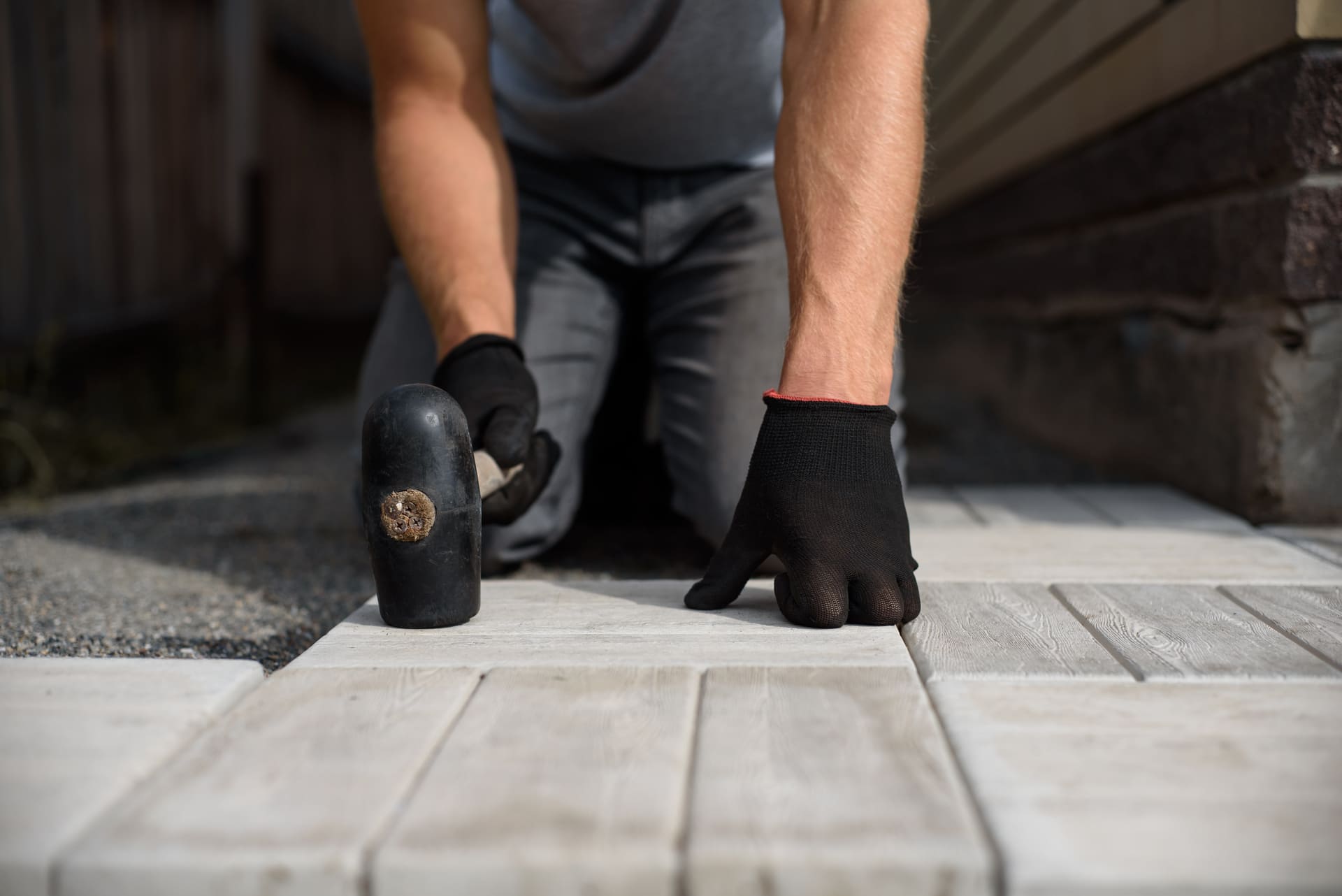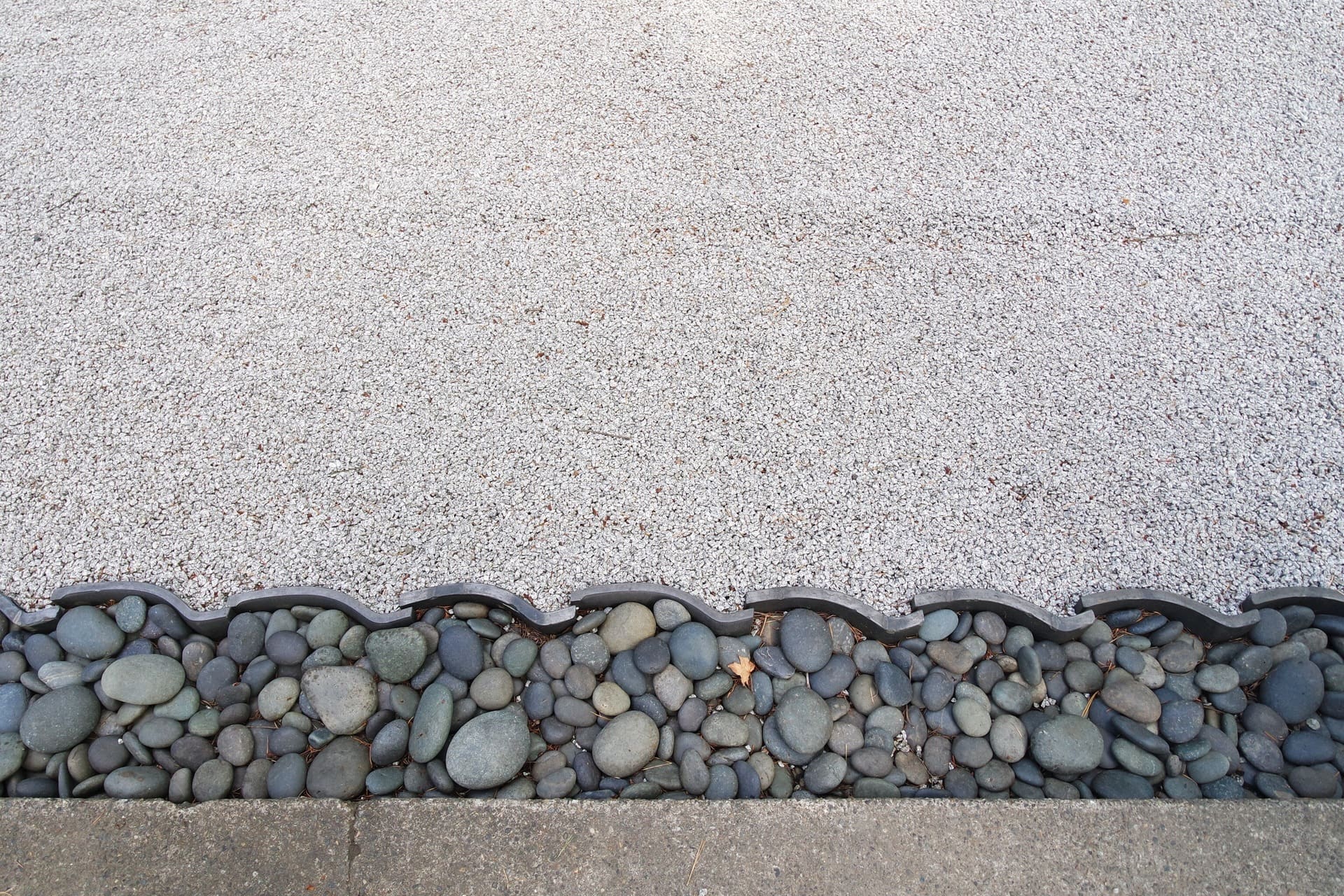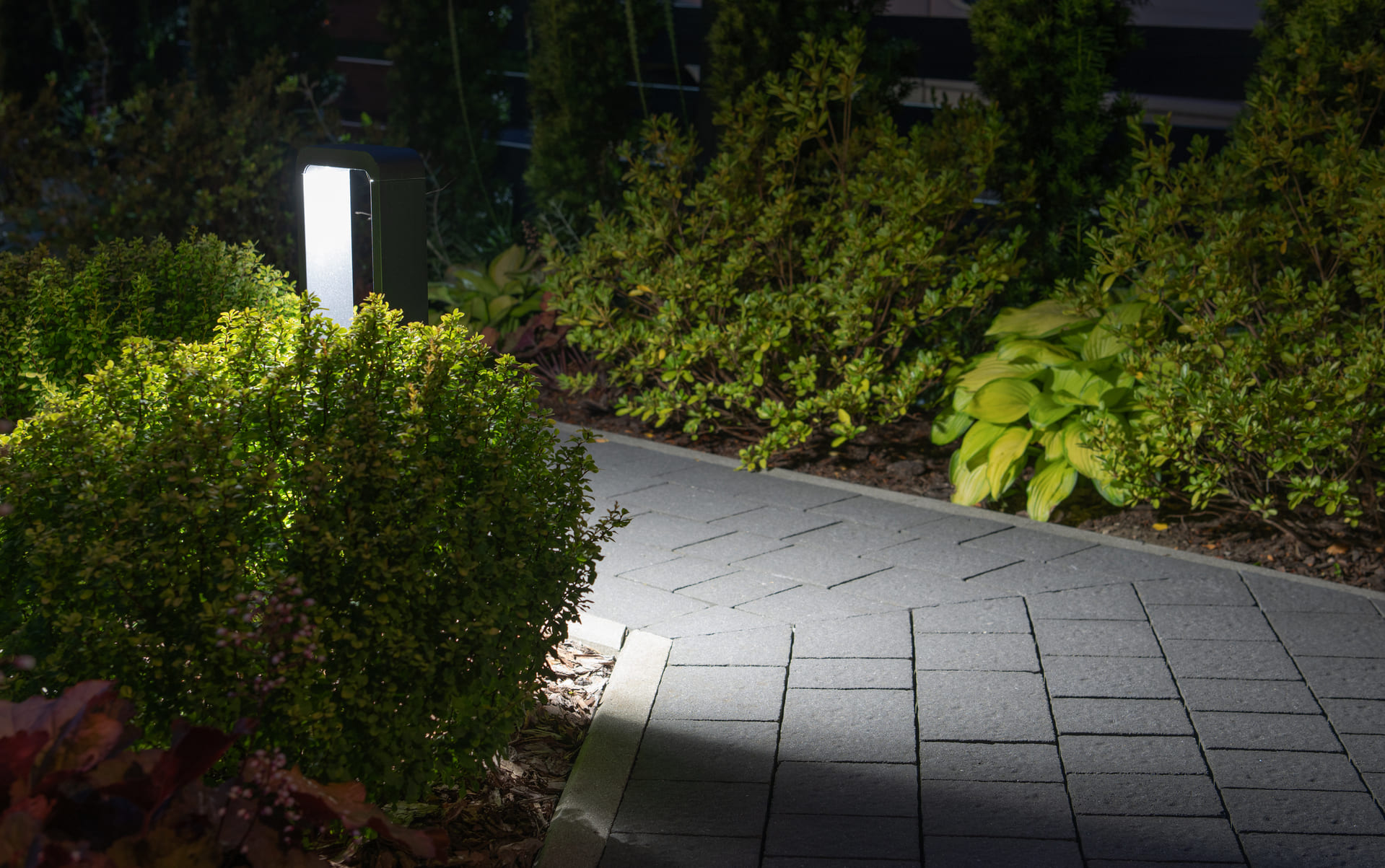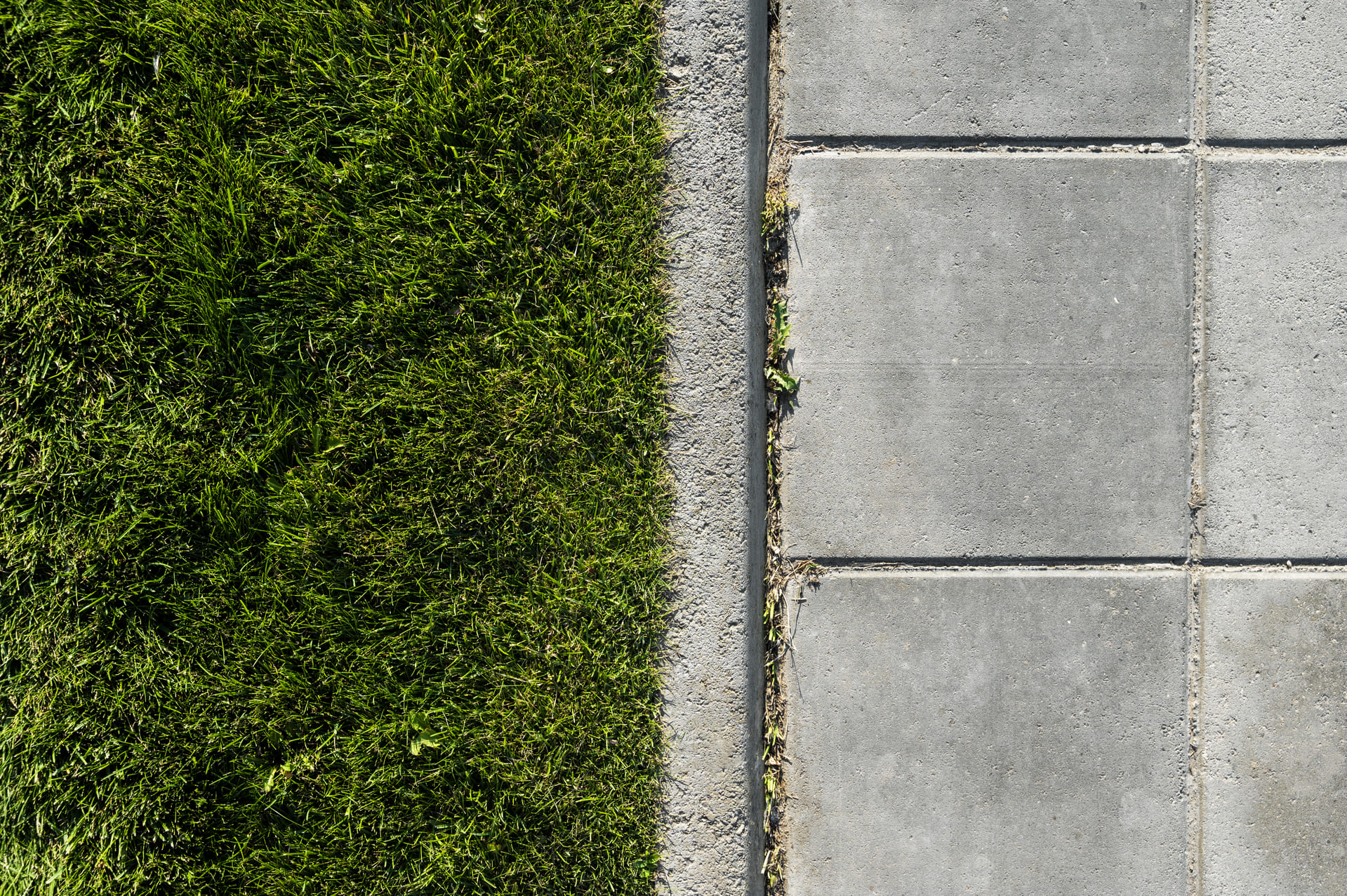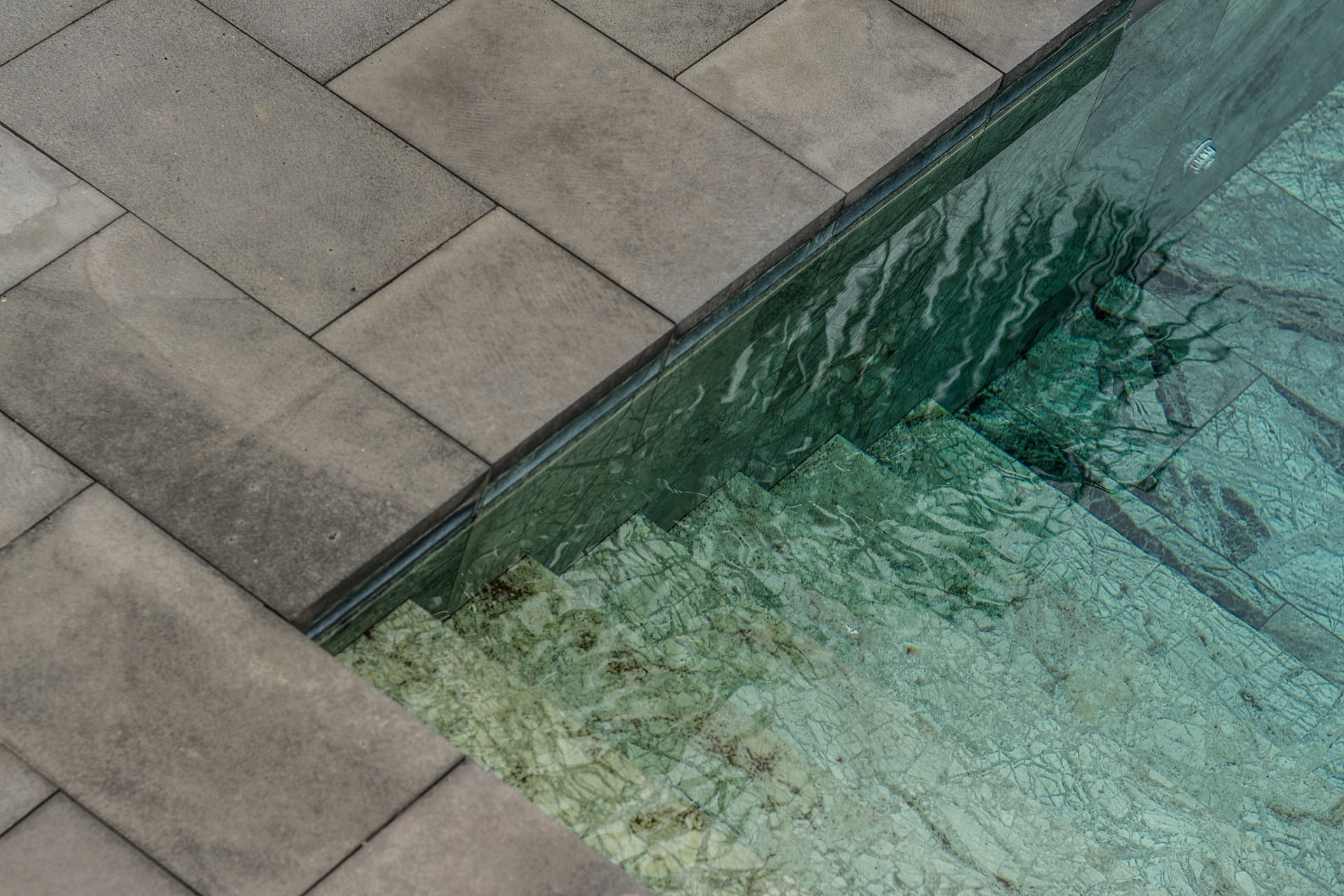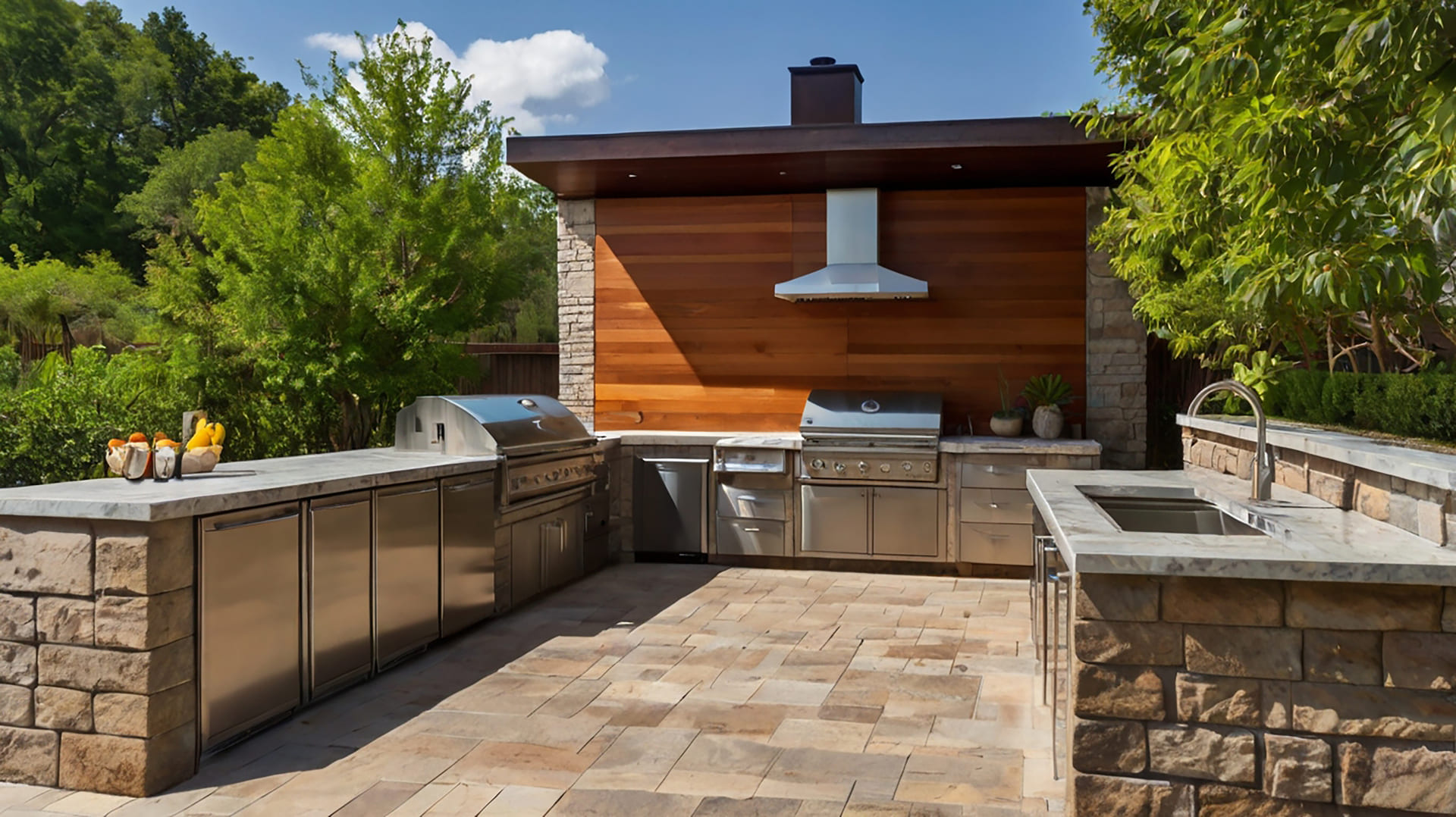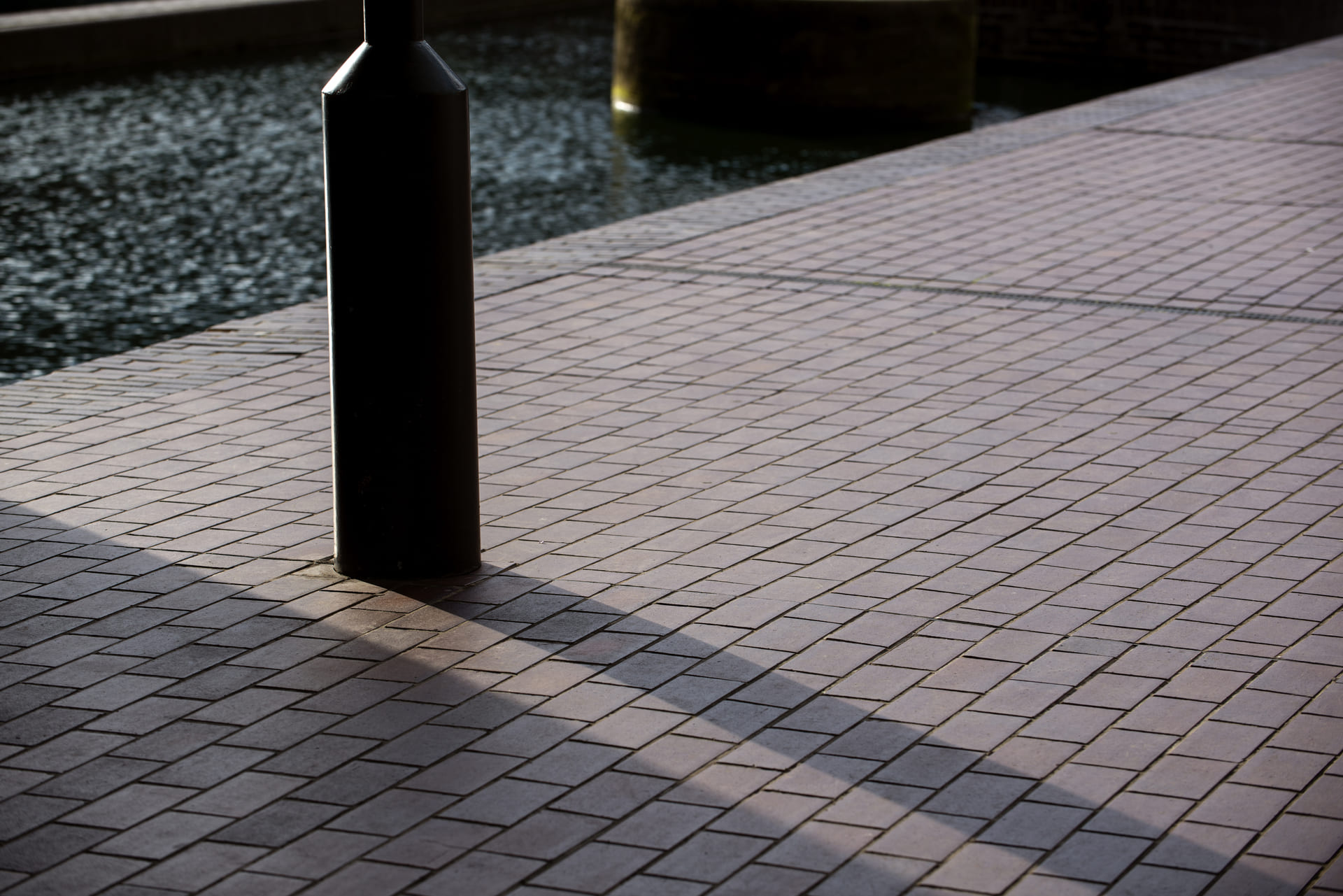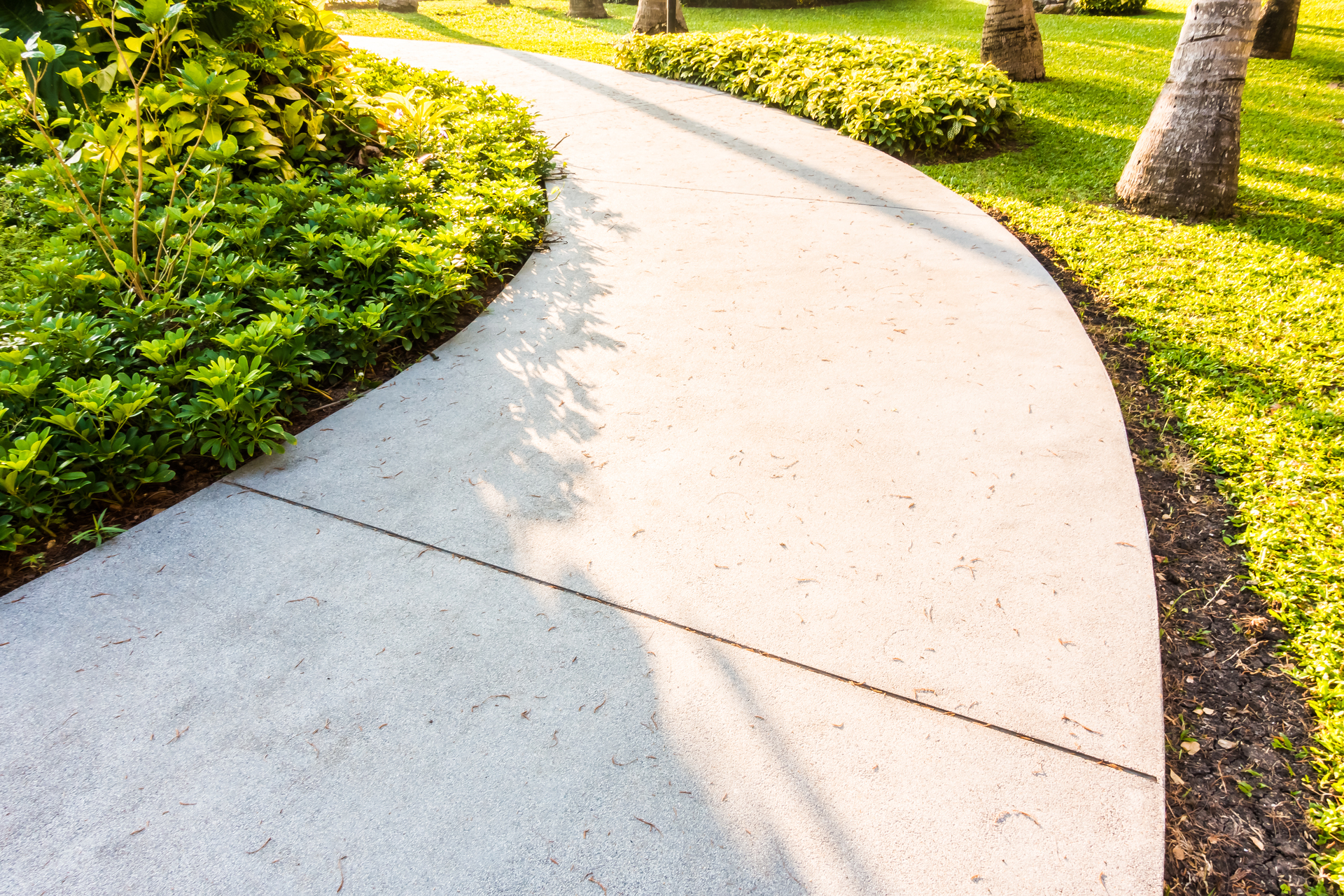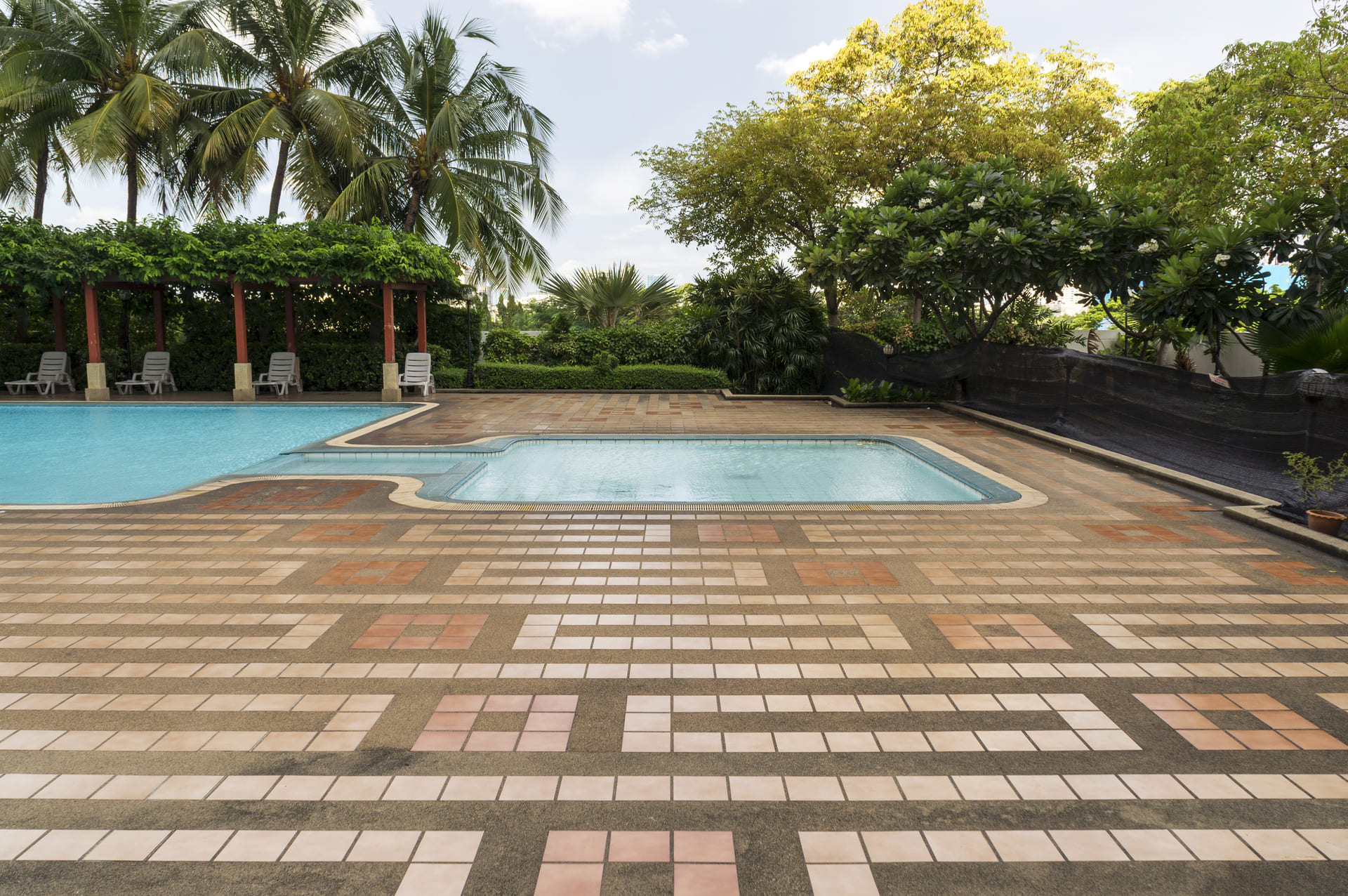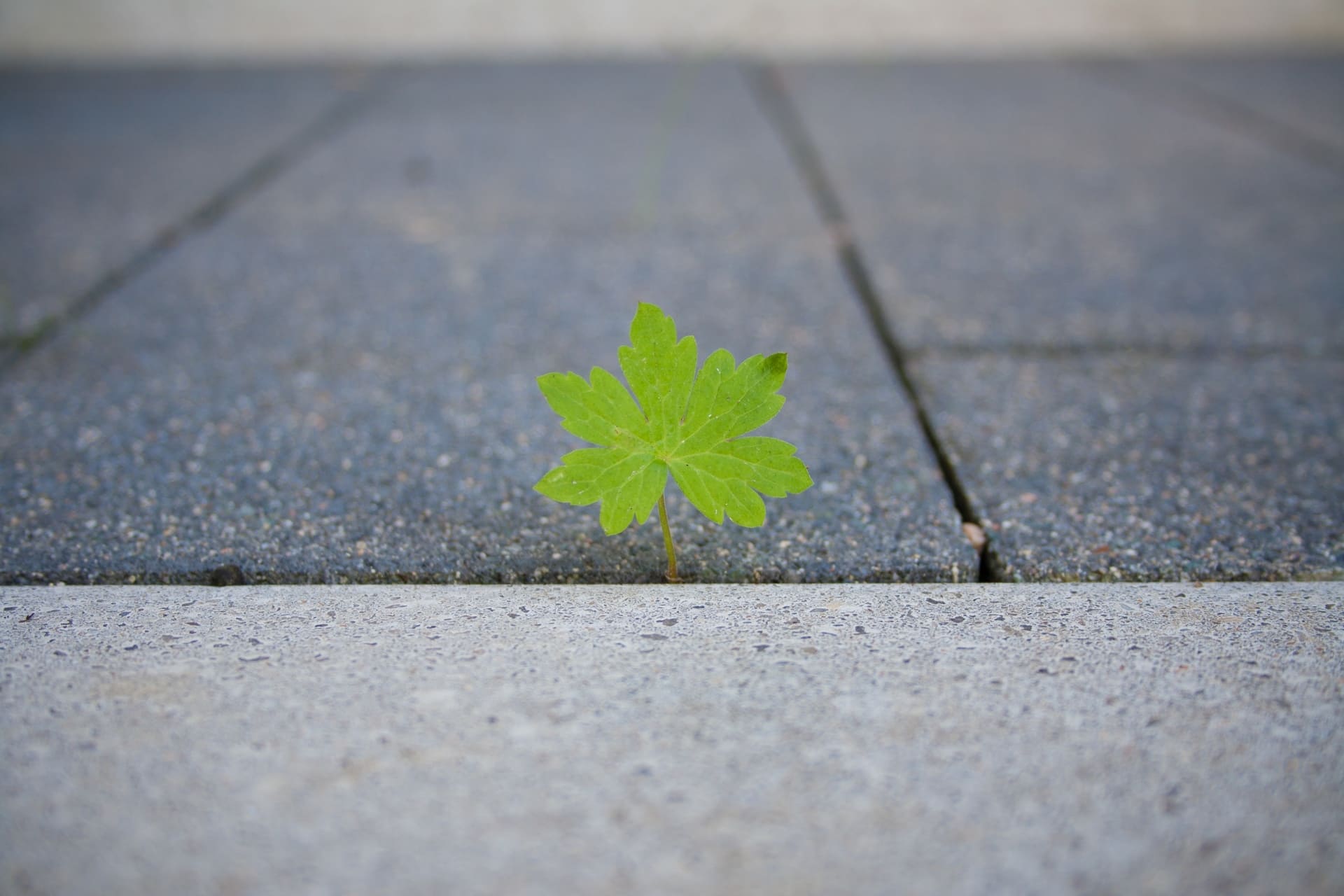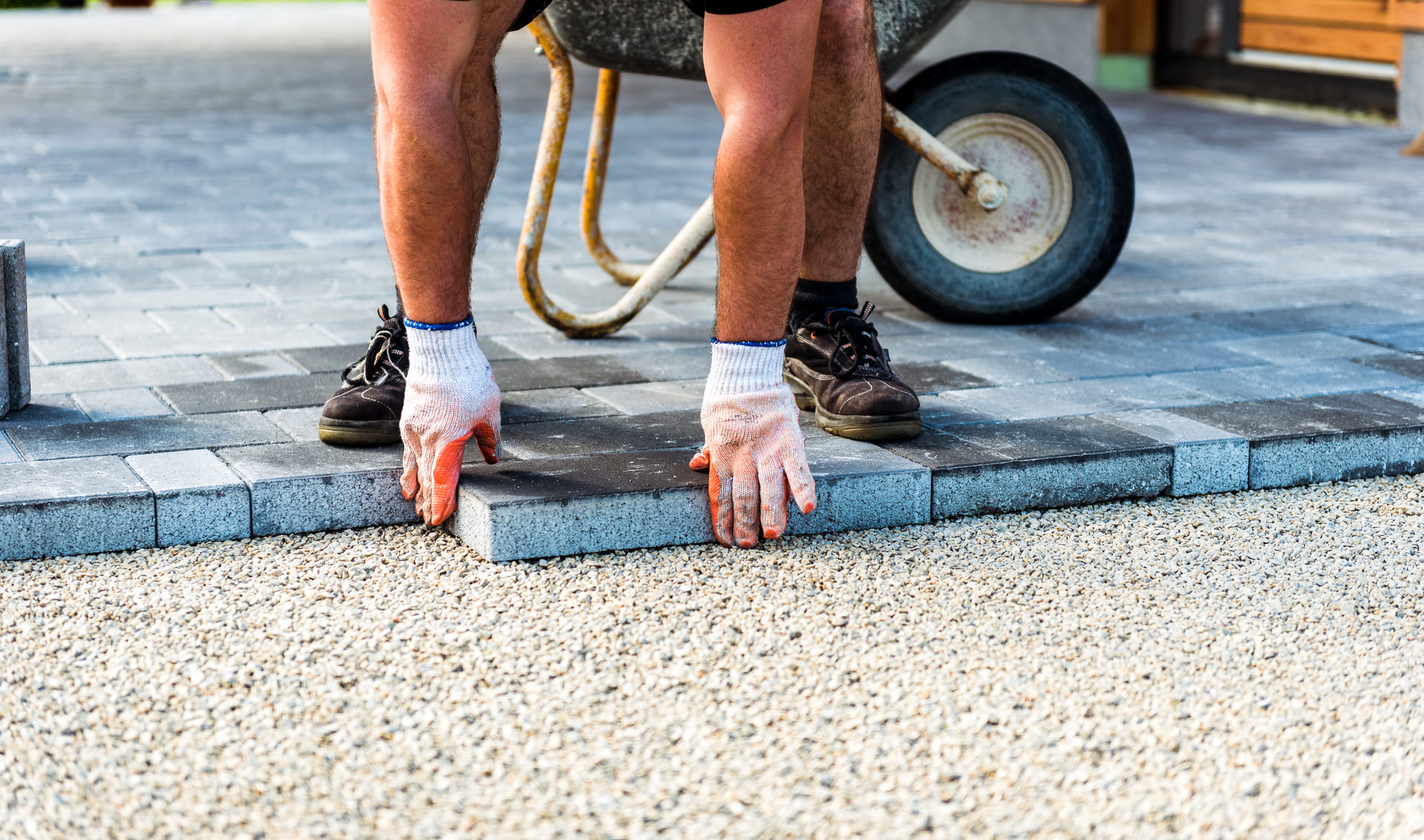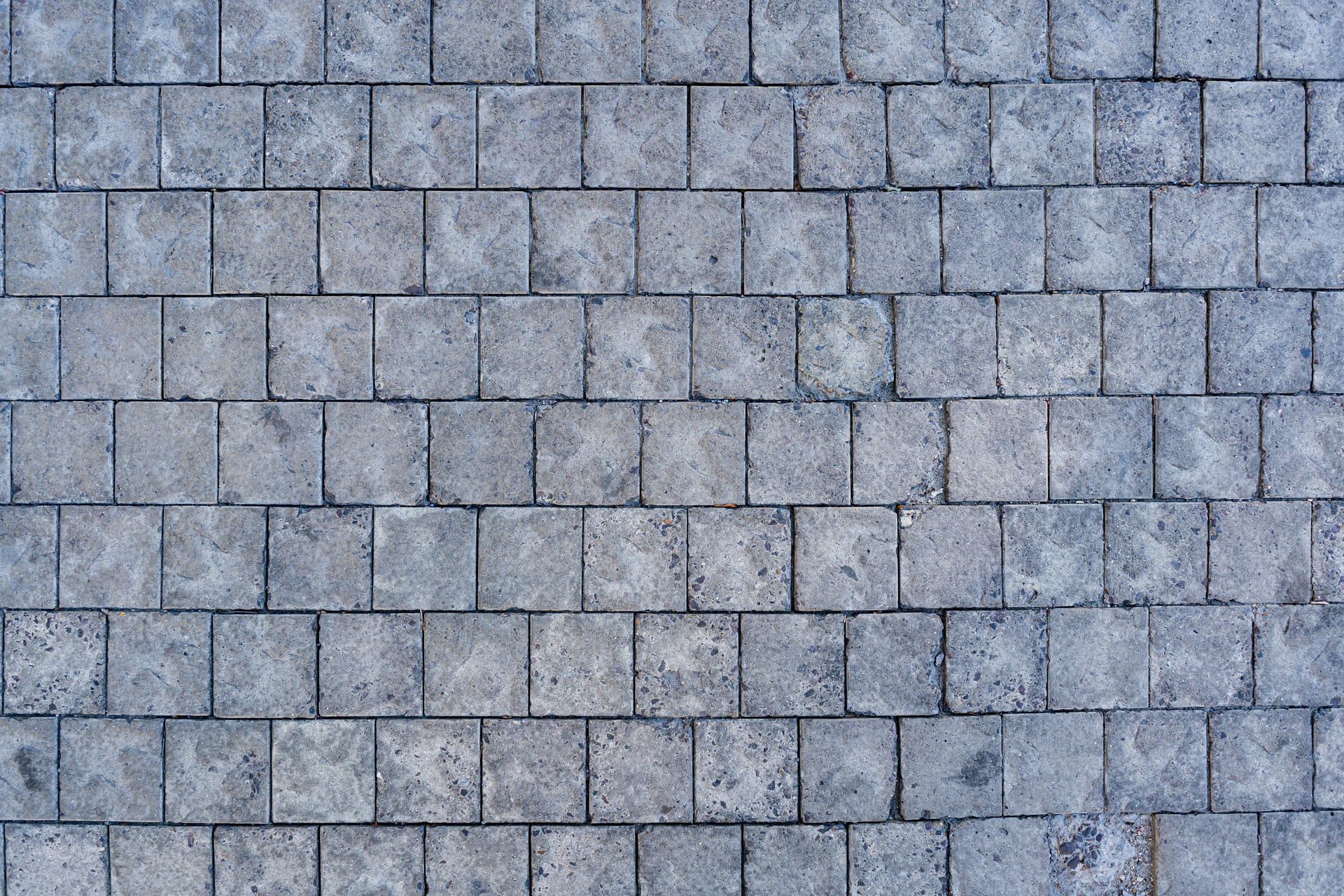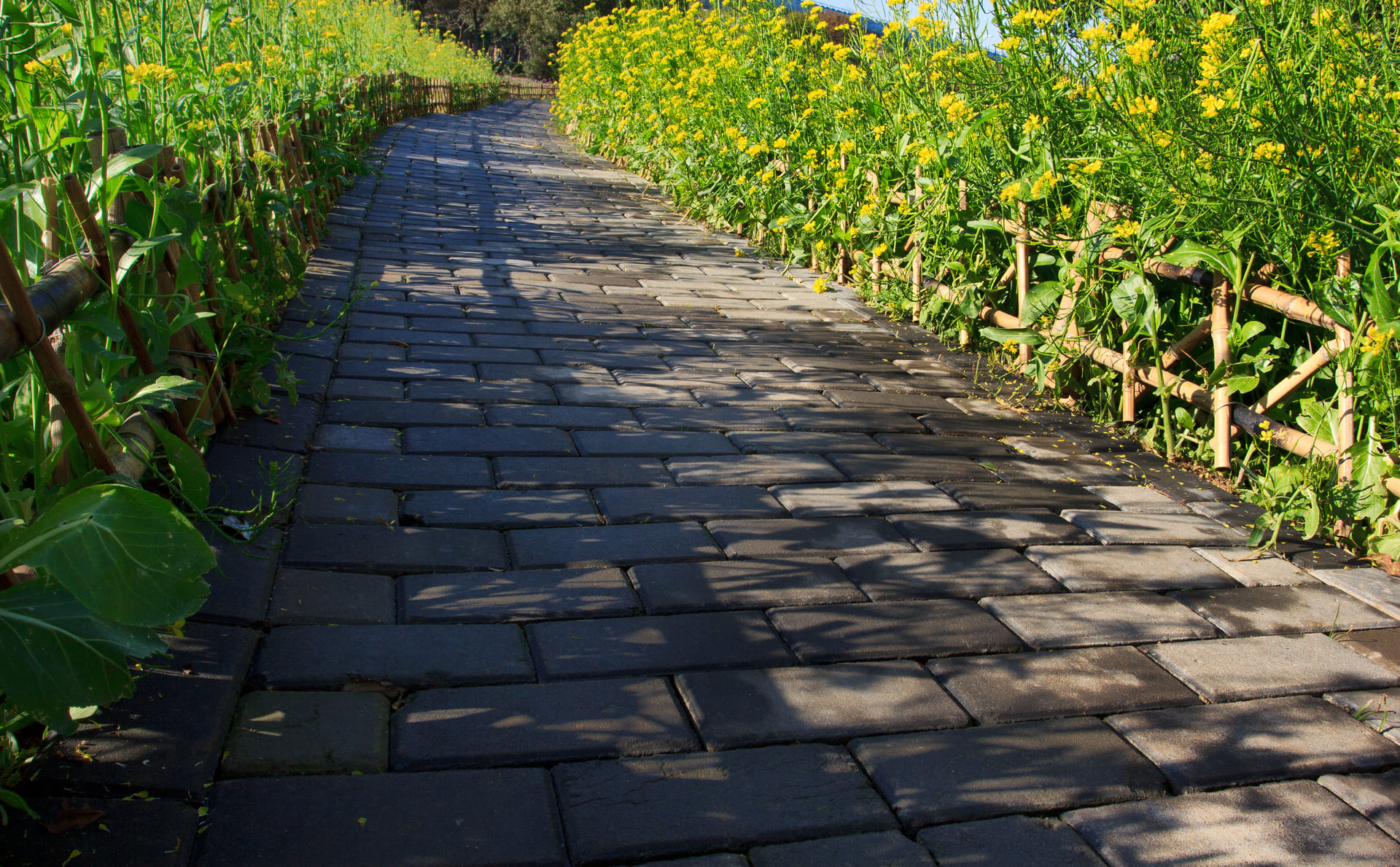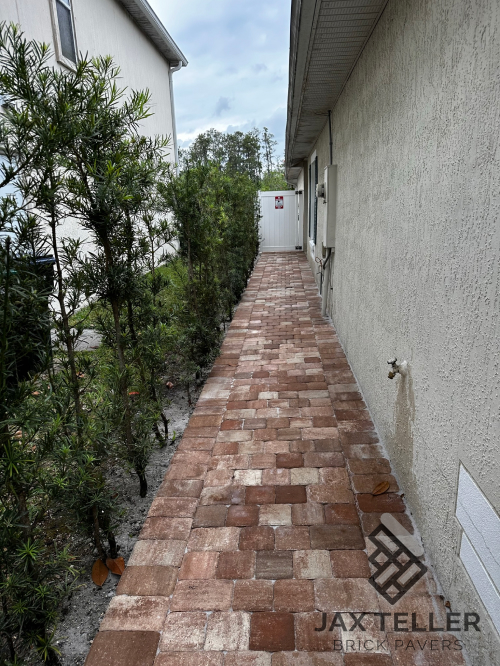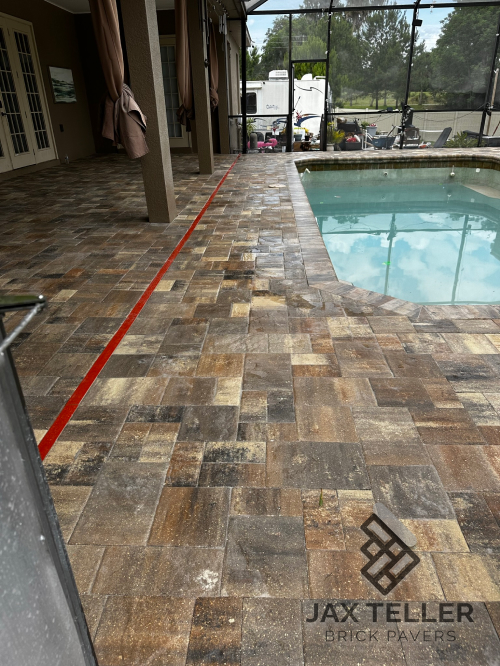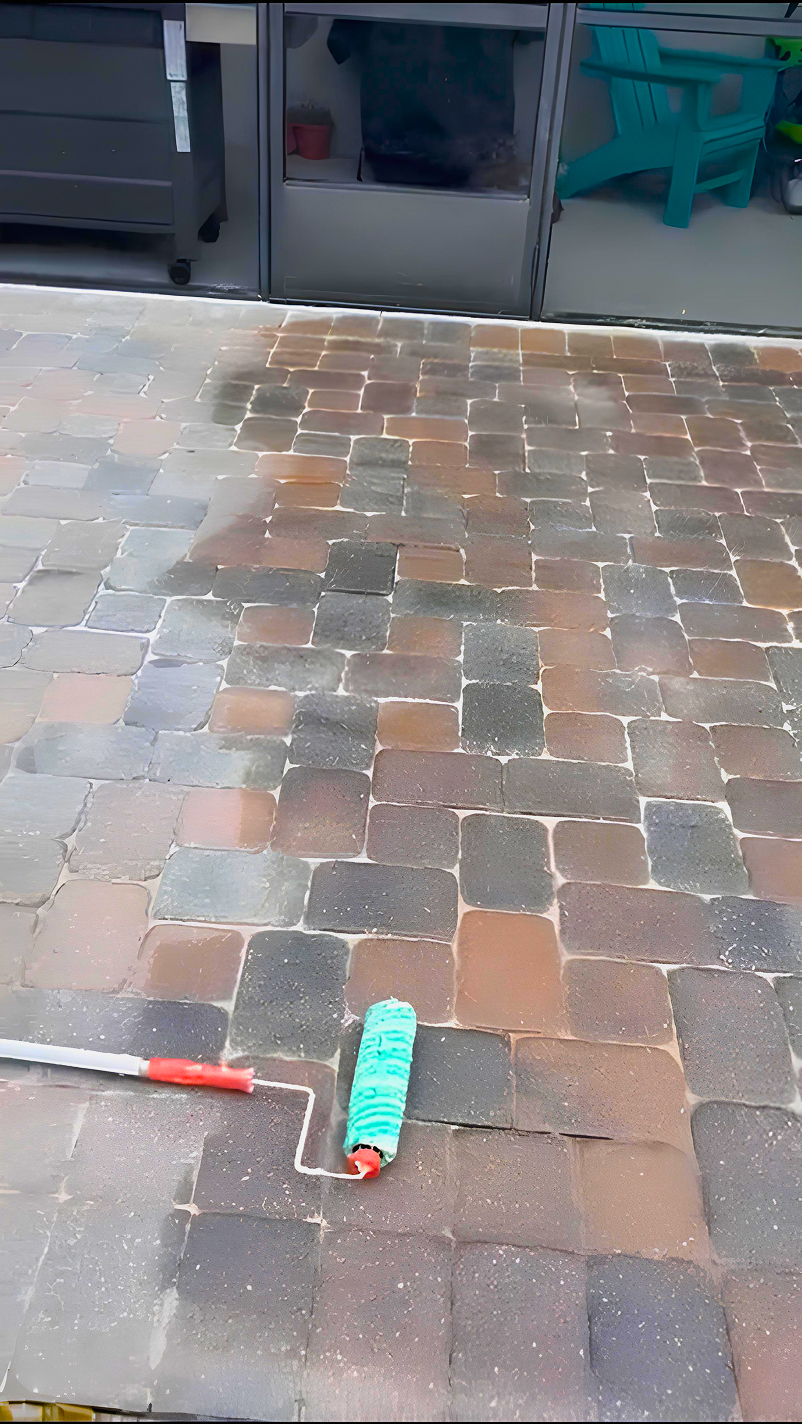How Long Do Pavers Last in Florida is a key question for homeowners comparing materials for driveways, patios, walkways, and pool decks. Florida’s climate is tough on exterior surfaces. Heat, humidity, salt air, UV rays, tropical storms, and shifting soil all play a role in how long hardscape materials survive.
The good news? Pavers outperform almost every alternative. When properly installed and maintained, pavers in Florida can last 30 to 50 years or more, and many require only minimal care during that time. Unlike concrete slabs that crack or asphalt that softens and fades, pavers hold up to weather, movement, moisture, and daily wear.
This guide explains what affects paver lifespan, how to maintain them, and why they remain the most durable exterior solution for Florida homeowners.
Why Pavers Last Longer in Florida Than Other Materials
Before explaining How Long Do Pavers Last in Florida, it’s important to understand why the material is inherently long-lasting.
Florida’s climate puts stress on outdoor surfaces through:
- Intense sun
- High humidity
- Salt exposure (coastal areas)
- Sudden temperature swings
- Heavy rainfall
- Soil movement
- Tree root intrusion
Pavers are uniquely capable of withstanding these conditions thanks to their modular design.
1. Pavers Don’t Crack Like Concrete
Concrete slabs expand and contract with temperature changes. This leads to cracking, especially in Florida. Pavers flex as individual units, preventing slab failures.
2. Superior Drainage
Joint gaps allow water to move naturally. Flooding, pooling, and erosion are dramatically reduced.
3. Replacement is Easy and Affordable
If a single paver shifts, cracks, or gets stained, homeowners simply replace that one paver — not the entire surface.
4. Designed for High Traffic
Pavers used in Florida are often rated for airport runways, making them strong enough for cars, pool areas, and walkways.
5. Resistant to UV Fading
High-quality pavers are manufactured with UV-resistant pigment that holds color for decades, even under Florida’s sun.
Average Lifespan of Pavers in Florida
Homeowners researching How Long Do Pavers Last in Florida should know typical lifespan numbers:
Brick Pavers
30–50+ years
Very durable and stable under heat and moisture.
Concrete Pavers
25–40+ years
Long-lasting and cost-effective.
Travertine Pavers
40–100+ years
A natural stone extremely resistant to Florida weather.
Porcelain Pavers
50+ years
Densely manufactured, almost zero absorption rate.
What Actually Determines How Long Pavers Last?
Pavers can last decades, but several factors influence their actual lifespan.
1. Base Preparation
The foundation matters more than the pavers themselves.
A proper base includes:
- Excavation
- Geotextile fabric (where needed)
- 4″–8″ crushed rock
- Compaction
- Bedding sand
Poor base prep leads to shifting, sinking, and premature failure.
2. Installation Quality
A skilled installer ensures:
- Correct slope for drainage
- Stable edge restraints
- Even compaction
- Proper sand filling
- Level surfaces free of dips
Professional installation is essential in Florida’s climate.
3. Material Choice
Higher-density pavers last longer. For example:
- Porcelain: nearly indestructible
- Travertine: naturally weather-proof
- Concrete: dependable and versatile
- Brick: excellent for heat
Material selection affects lifespan and maintenance.
4. Location
Pavers on shaded patios last longer than those exposed to all-day sun.
Driveways experience more wear than walkways.
5. Maintenance
Minimal but important.
Sweeping, rinsing, and resealing every 2–3 years keep pavers strong.
6. Drainage Conditions
Flooding can shift pavers over time.
Proper grading and drainage maintain longevity.
Signs Your Pavers Are Reaching the End of Their Lifespan
Even though pavers last decades, homeowners may notice certain signs that repairs are needed:
- Widespread shifting
- Erosion of joint sand
- Permanent stains
- Color loss (very old installations)
- Water pooling
- Uneven edges
The advantage? Most issues are easy and inexpensive to repair — no full replacement required.
How Maintenance Extends Paver Lifespan
Understanding How Long Do Pavers Last in Florida also requires understanding maintenance. Pavers need far less maintenance than concrete, but simple steps drastically extend lifespan.
1. Sweep Regularly
Keeps debris from staining or scratching surface.
2. Rinse After Storms
Florida storms bring sand, leaves, and organic material that can stain.
3. Apply Sealer Every 2–3 Years
Sealing helps with:
- Color enhancement
- UV protection
- Stain resistance
- Joint stabilization
Sealing is optional, but recommended for high-traffic areas.
4. Refill Joint Sand When Needed
Polymeric sand prevents weeds and insects and locks pavers in place.
5. Replace Individual Pavers as Needed
Avoids costly resurfacing or demolition.
Why Pavers Outlast Concrete in Florida
Comparing lifespan:
| Material | Average Lifespan in Florida | Repair Difficulty | Crack Resistance |
|---|---|---|---|
| Pavers | 30–50+ years | Very easy | Excellent |
| Concrete Slab | 10–20 years | Hard (full sections) | Poor |
| Stamped Concrete | 8–15 years | Moderate | Poor |
| Asphalt | 8–12 years | Easy | Fair |
Concrete performs poorly in Florida due to heat expansion and soil movement.
Pavers are built to move — not crack.
Real Florida Scenarios: How Long Pavers Last
1. Coastal Homes
Salt air and moisture accelerate deterioration of concrete — but pavers remain stable.
2. Homes With Large Trees
Roots lift concrete slabs but pavers adjust more naturally.
3. Heavy Rain Regions
Pavers drain better and resist erosion.
4. High-Heat Zones
Concrete becomes brittle; pavers stay structurally sound.
How to Keep Pavers Looking New Over Time
To maximize lifespan:
- Clean stains promptly
- Avoid harsh chemicals
- Never pressure wash on high settings
- Maintain proper drainage
- Trim tree roots when necessary
With smart upkeep, paver surfaces stay beautiful and functional for decades.
Internal Link
For a deeper dive into paver installations tailored to Largo, visit our project gallery here:
https://jaxtellerbrickpavers.com/projects
External Link
To review the official installation standards, visit the Interlocking Concrete Pavement Institute:
https://www.icpi.org/
Conclusion
How Long Do Pavers Last in Florida? With proper installation and light maintenance, pavers last 30 to 50 years or more — significantly longer than concrete, stamped concrete, or asphalt. They resist cracking, fading, and weather damage, making them the best exterior investment for Florida homeowners.
Whether for a driveway, patio, walkway, or pool deck, pavers deliver unmatched longevity, style, and performance.
Ready to elevate your outdoor space with custom brick pavers?
Contact JaxTeller Brick Pavers at +1 407-907-8308 or jaxtellerbrickpavers@gmail.com for your free estimate!
